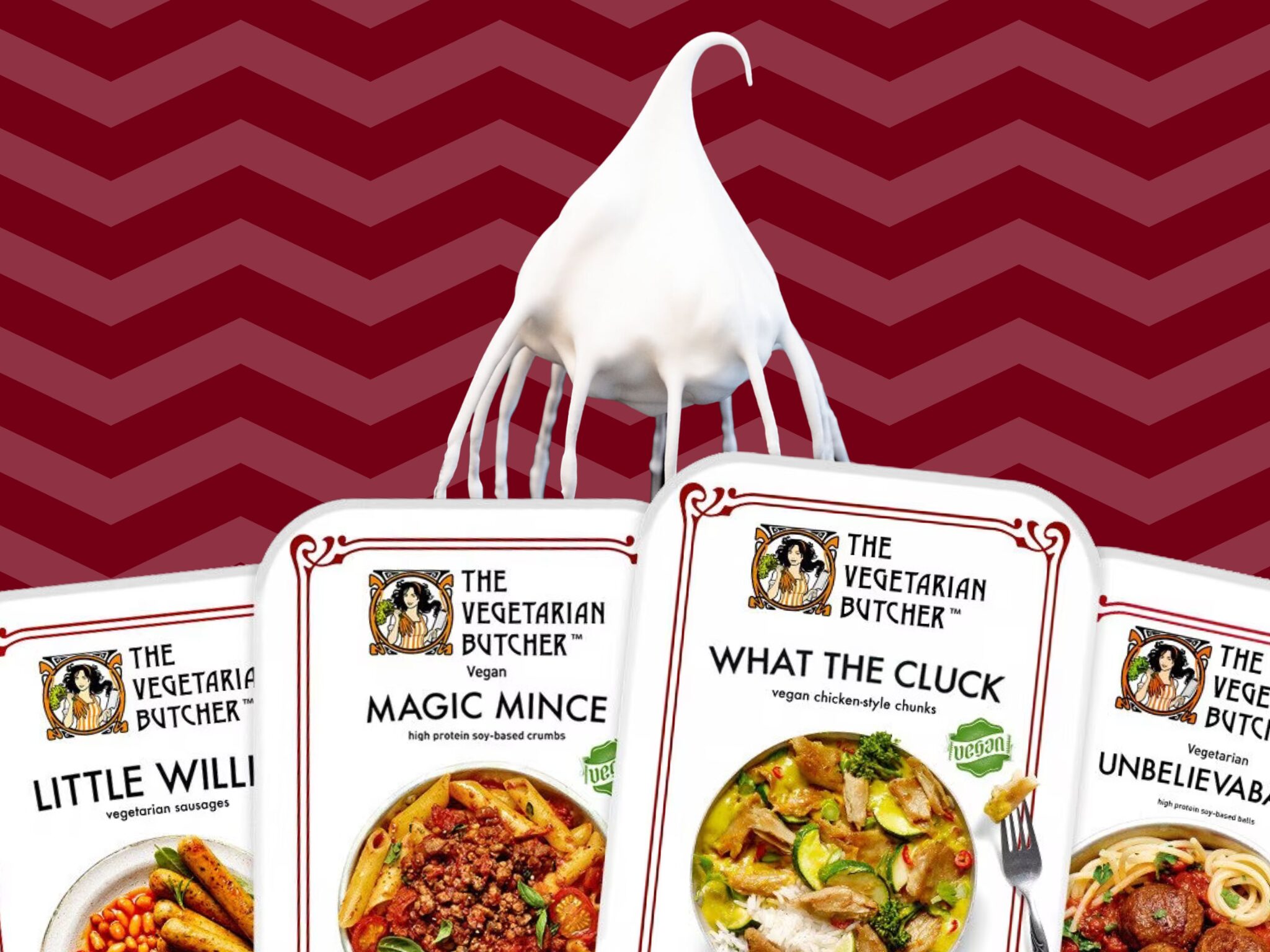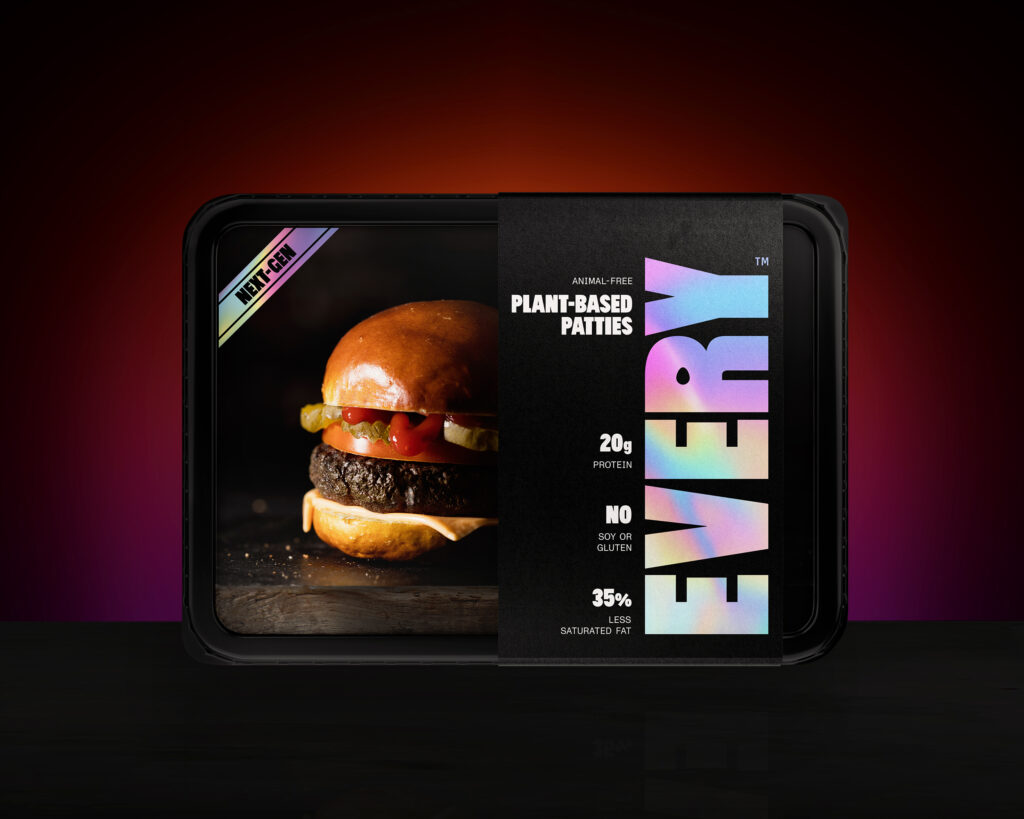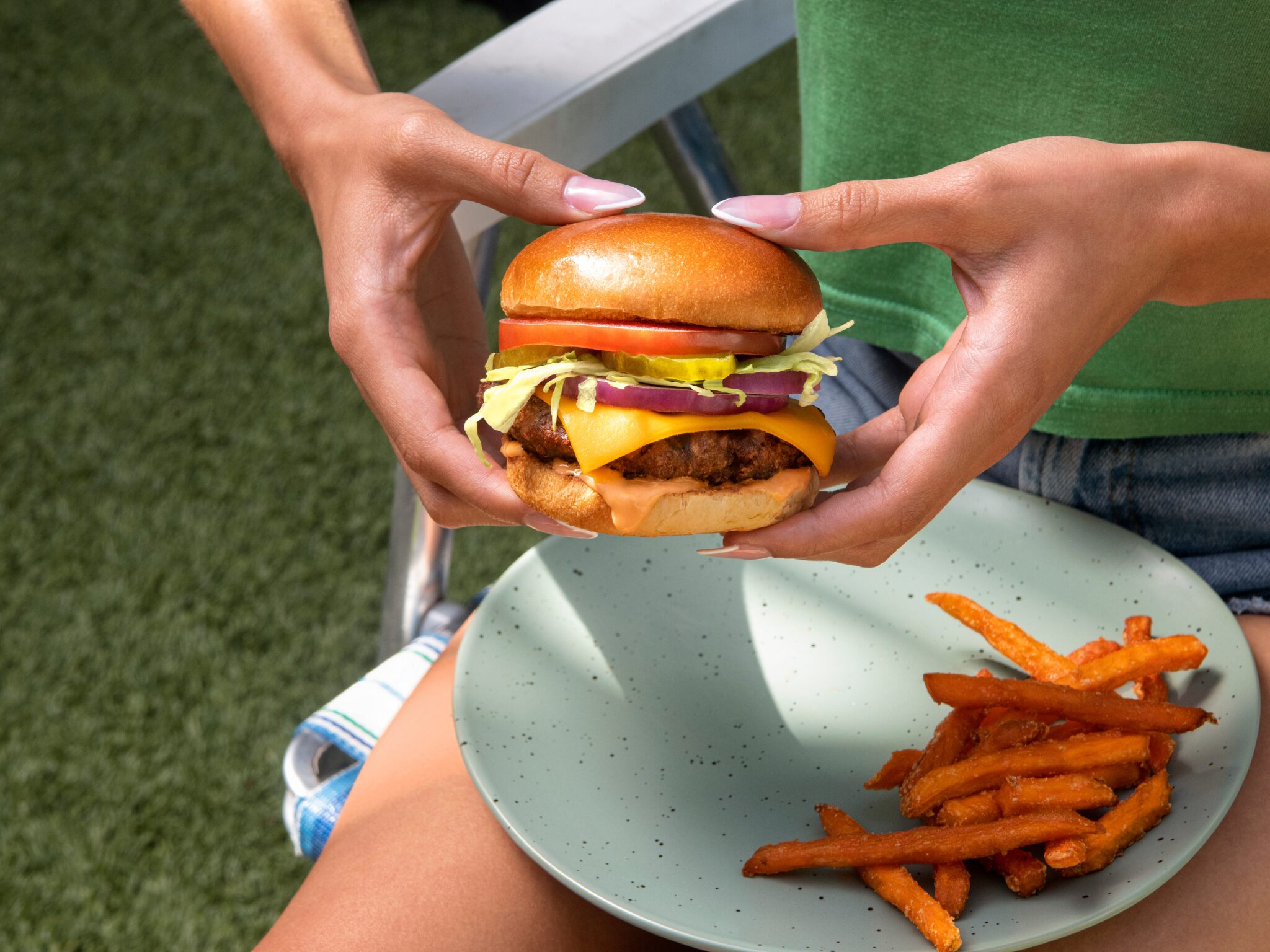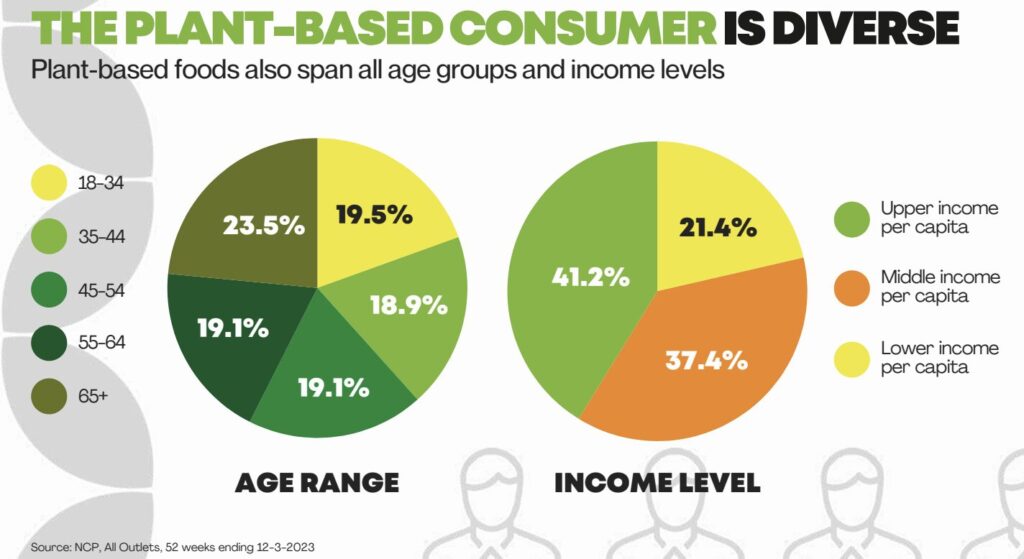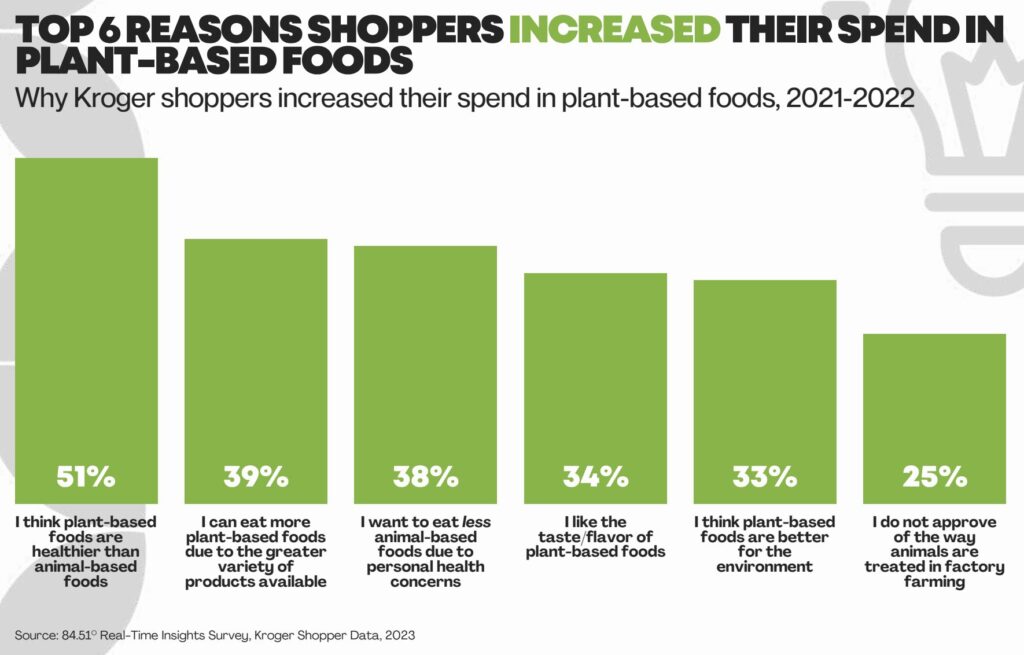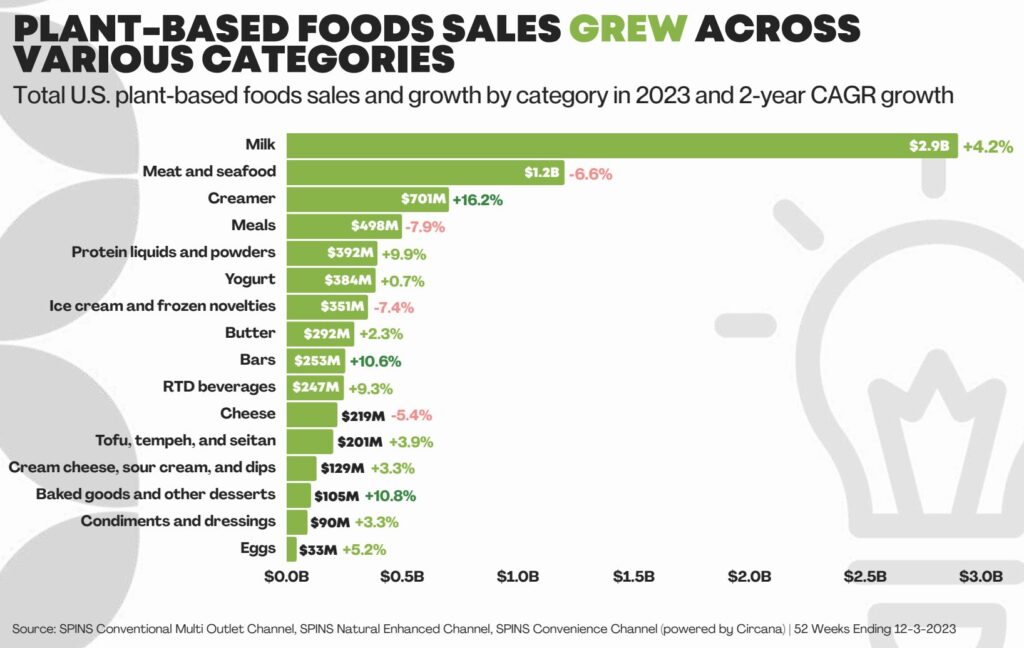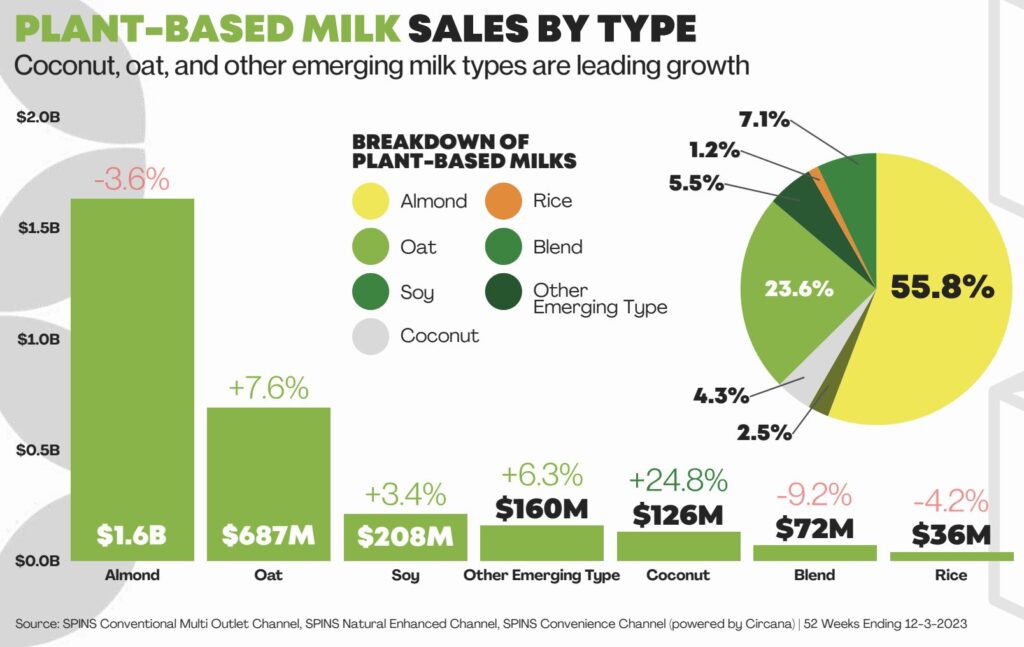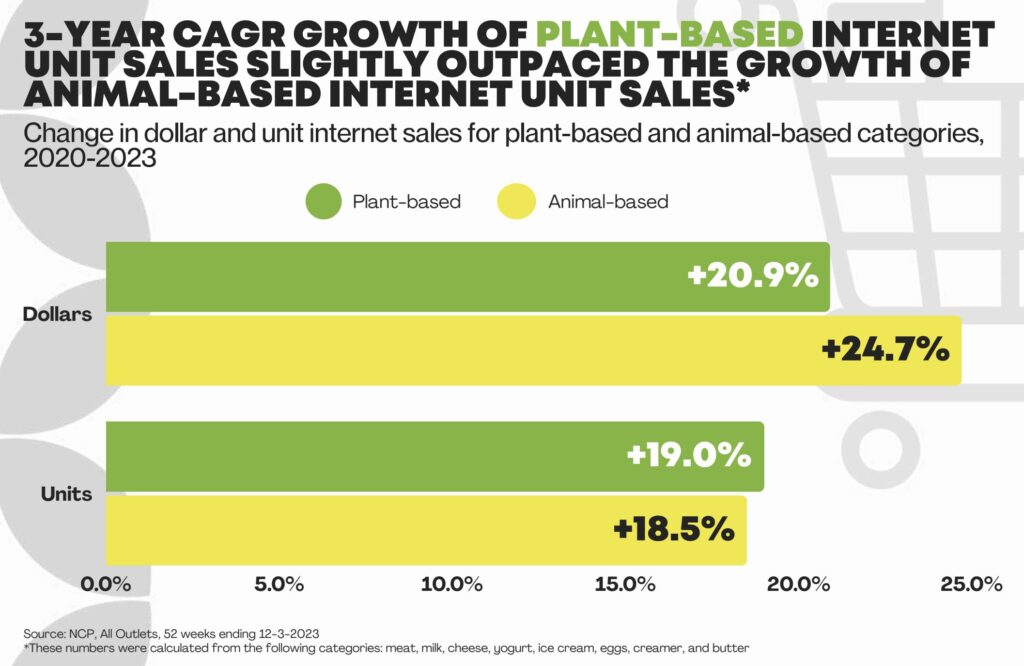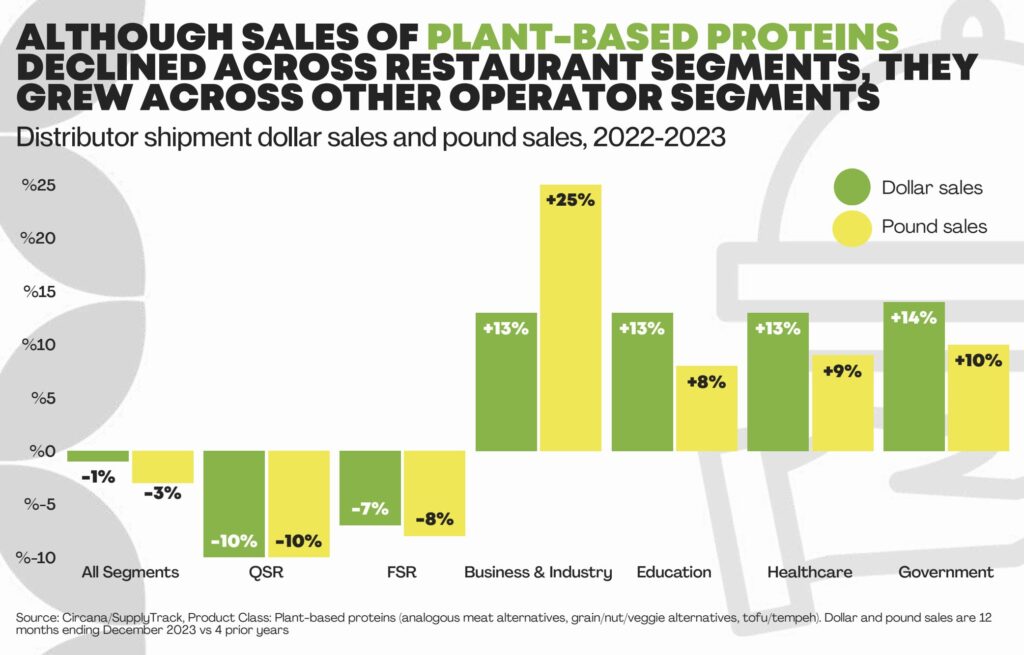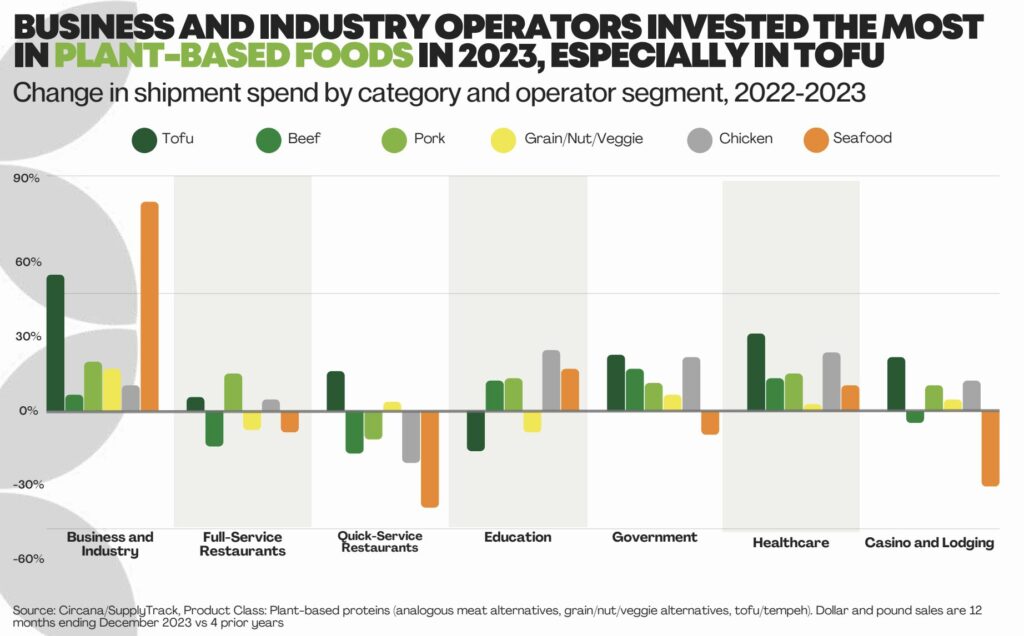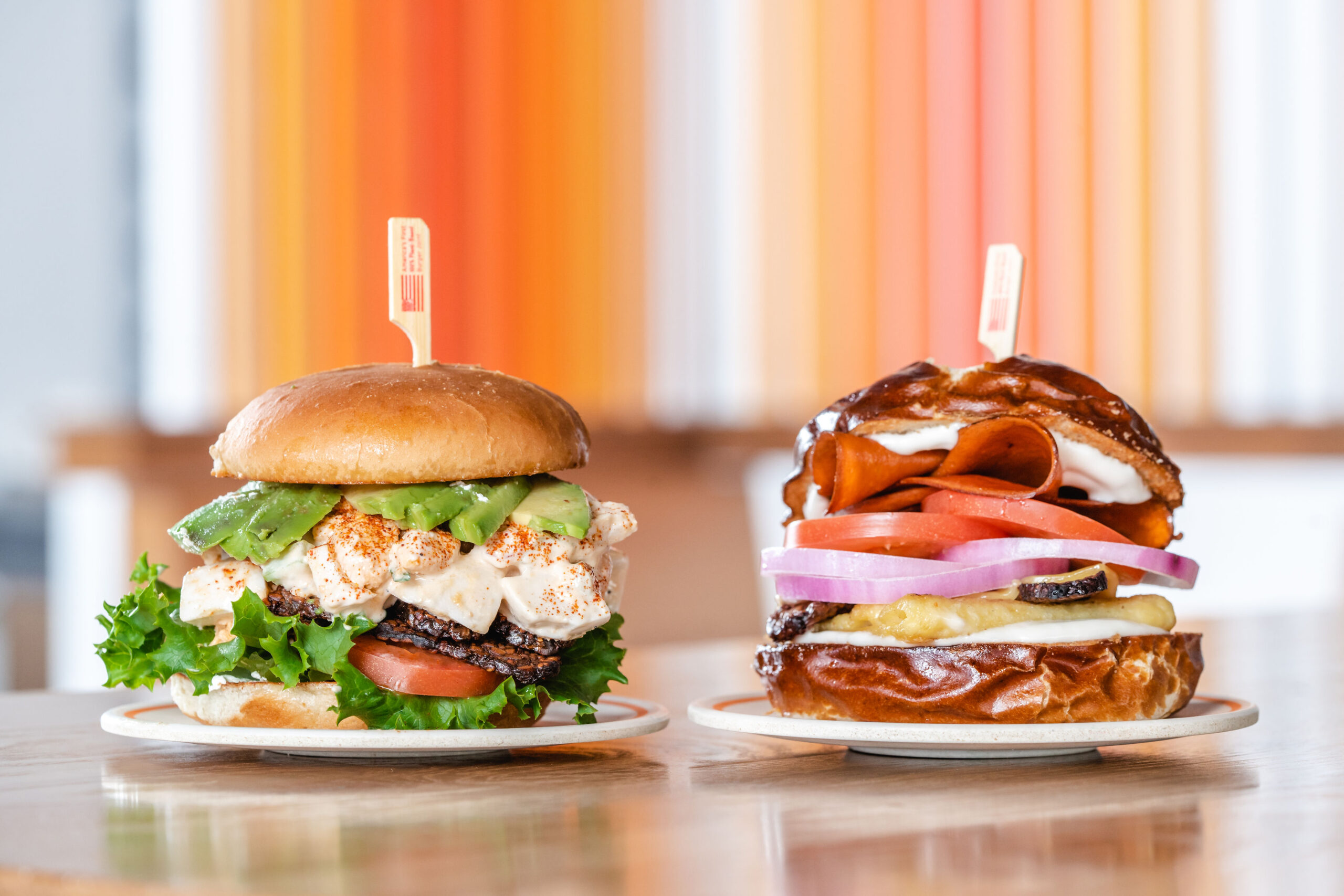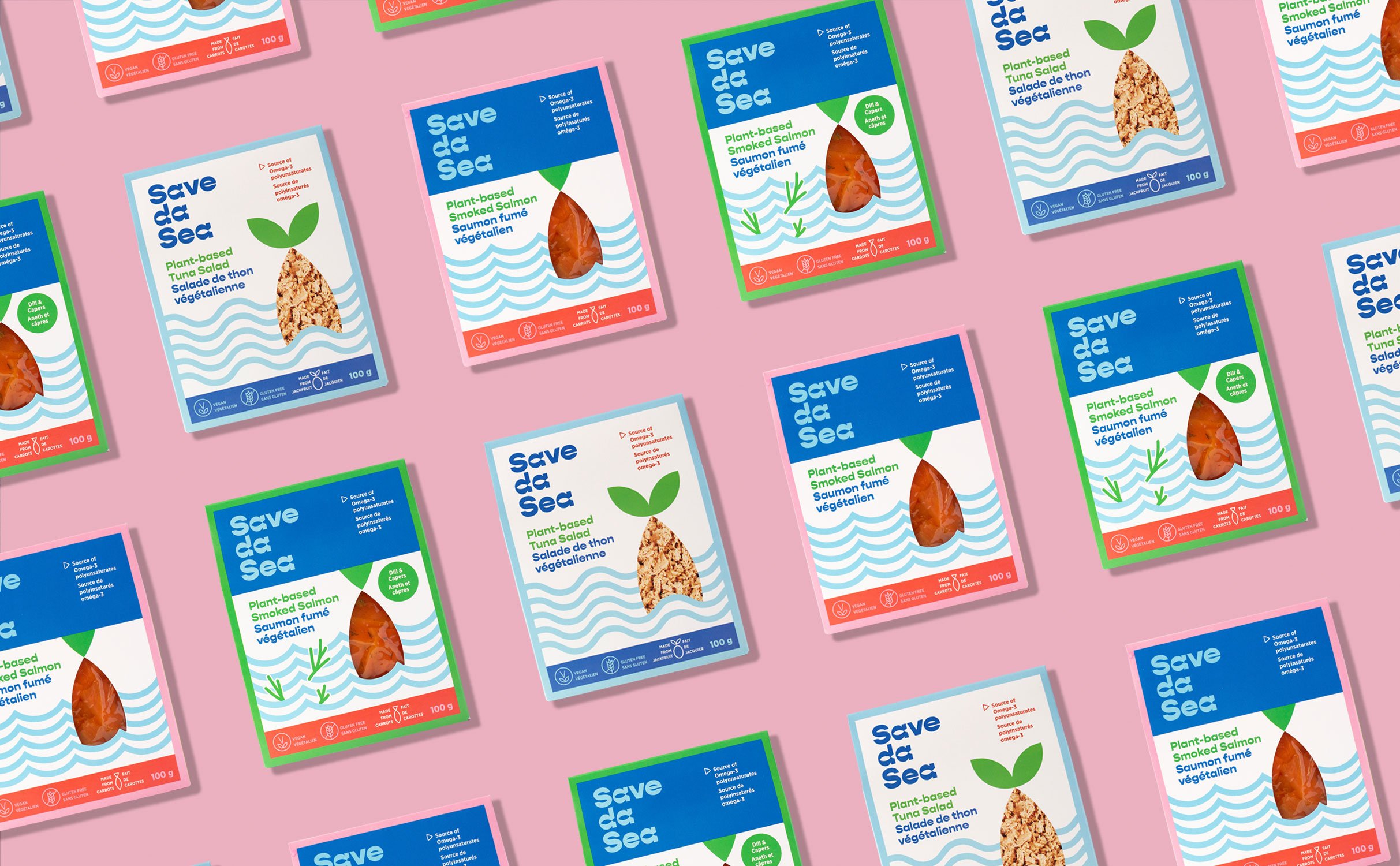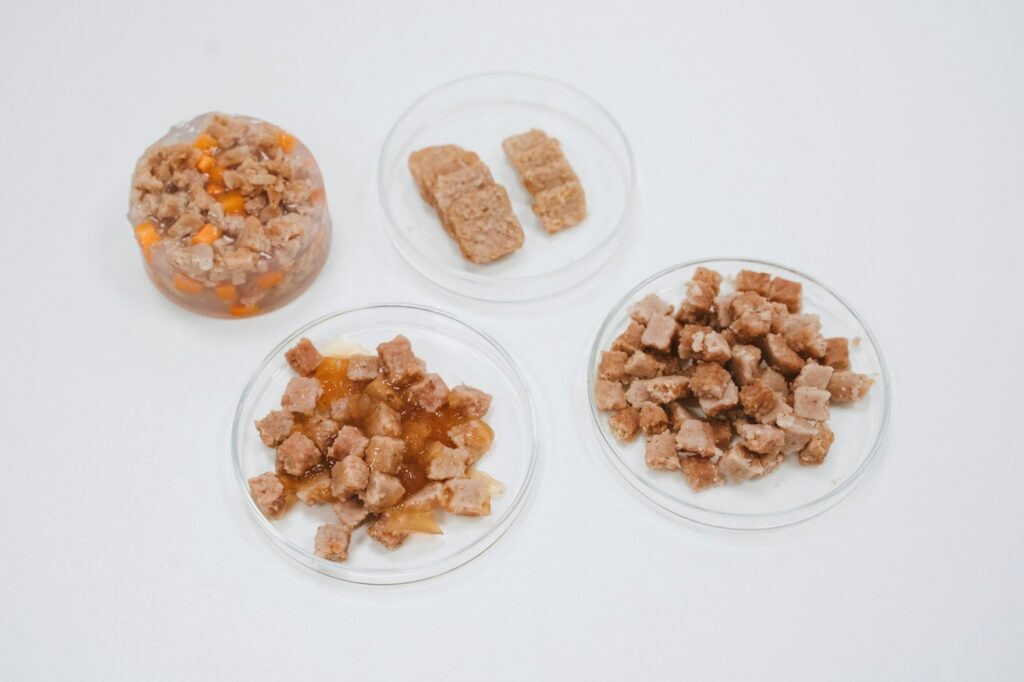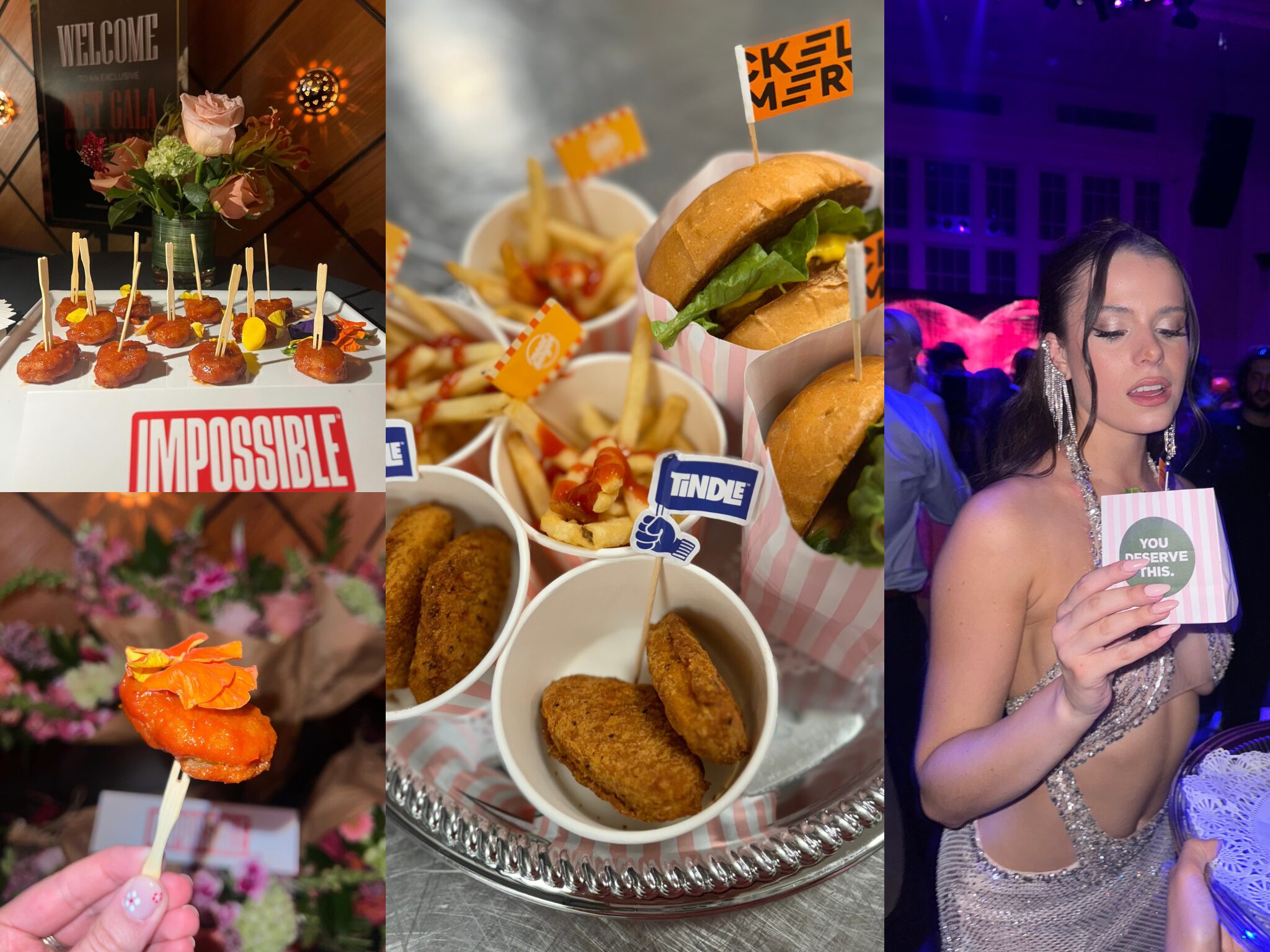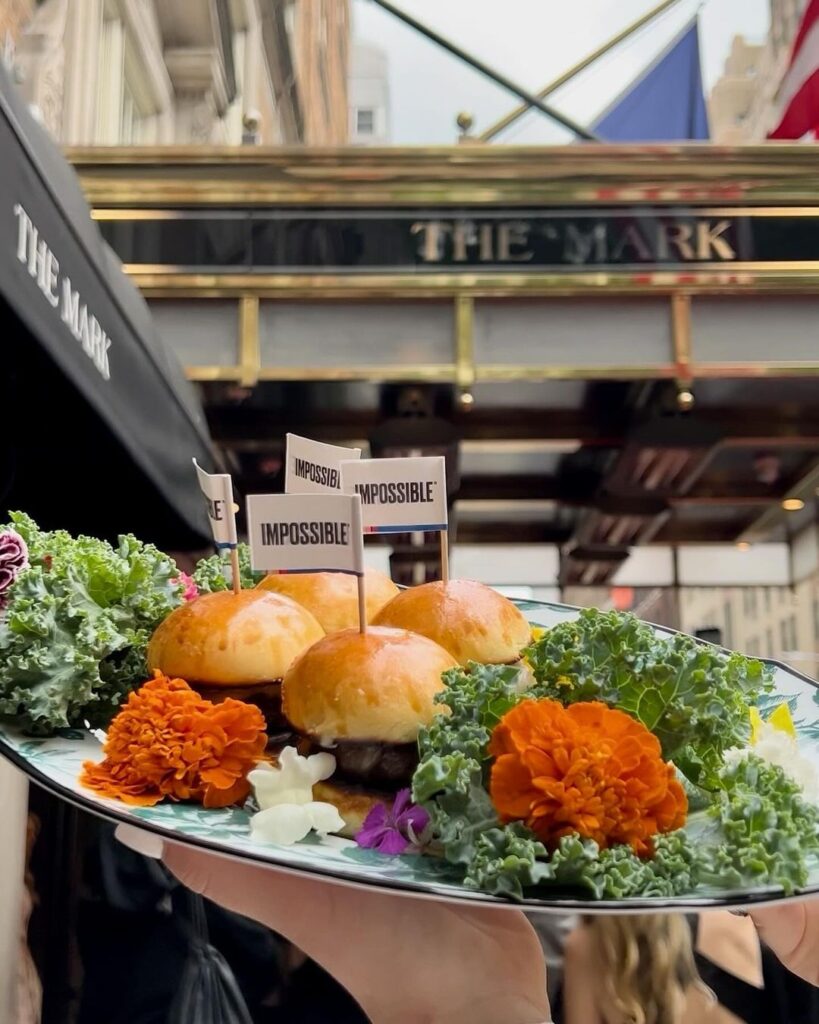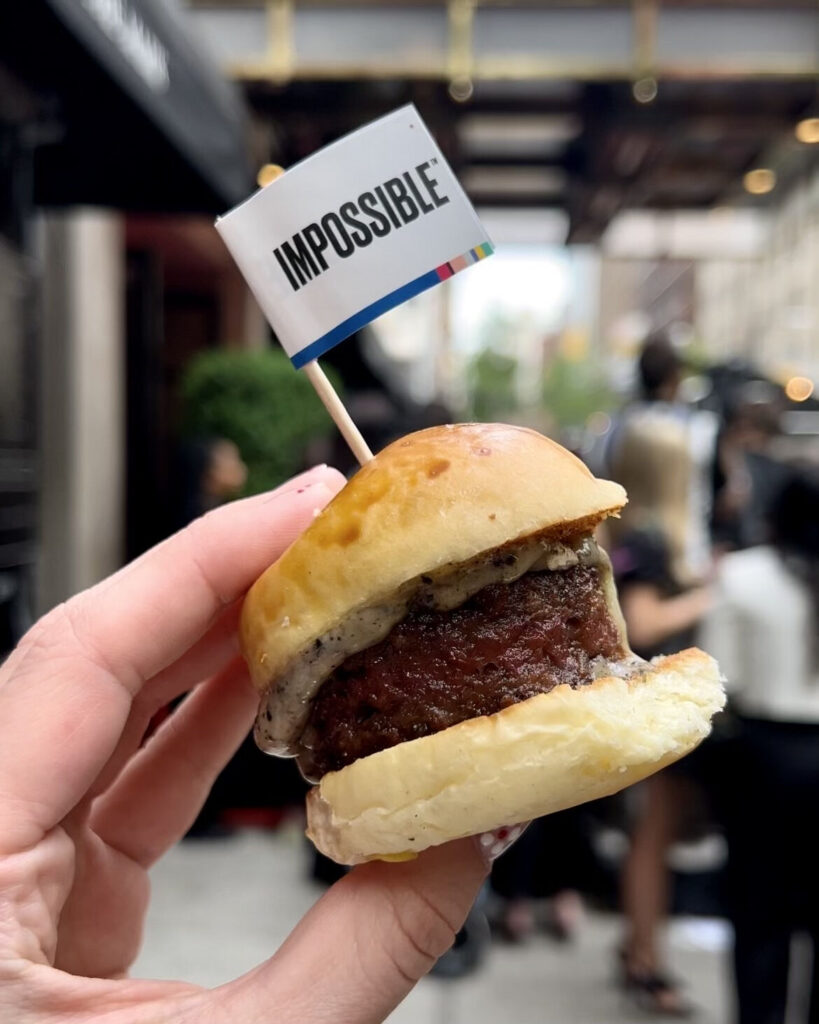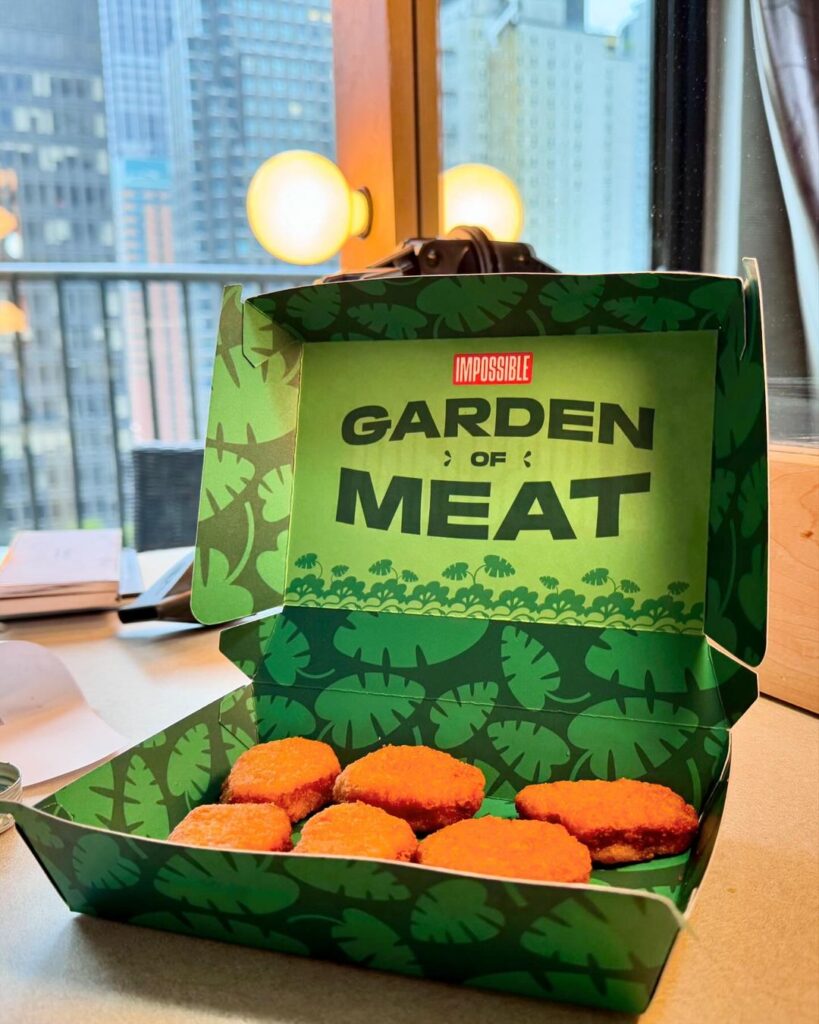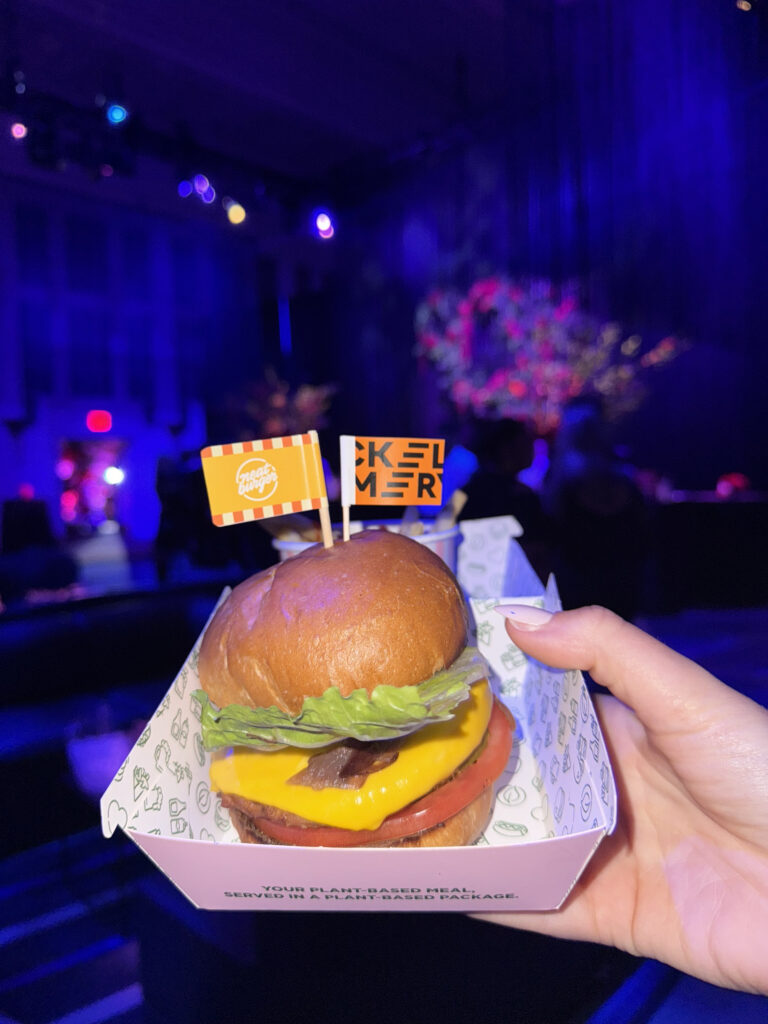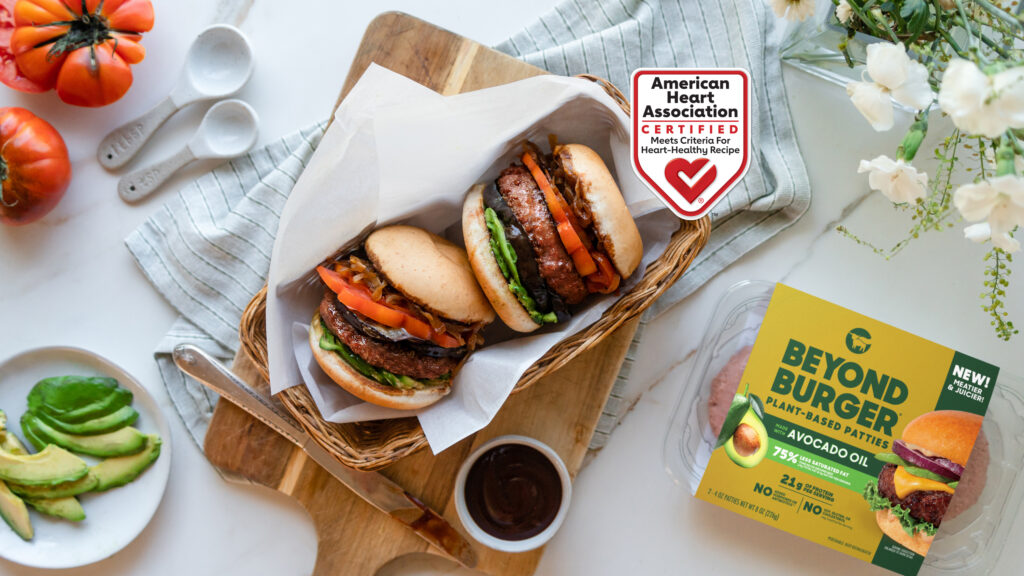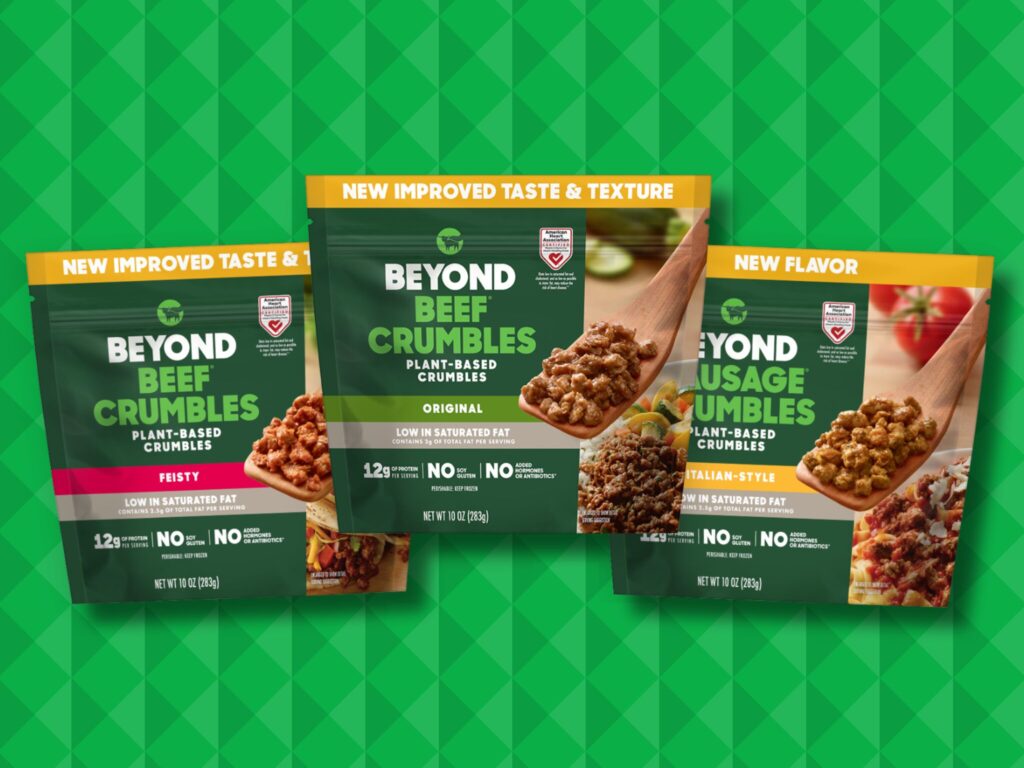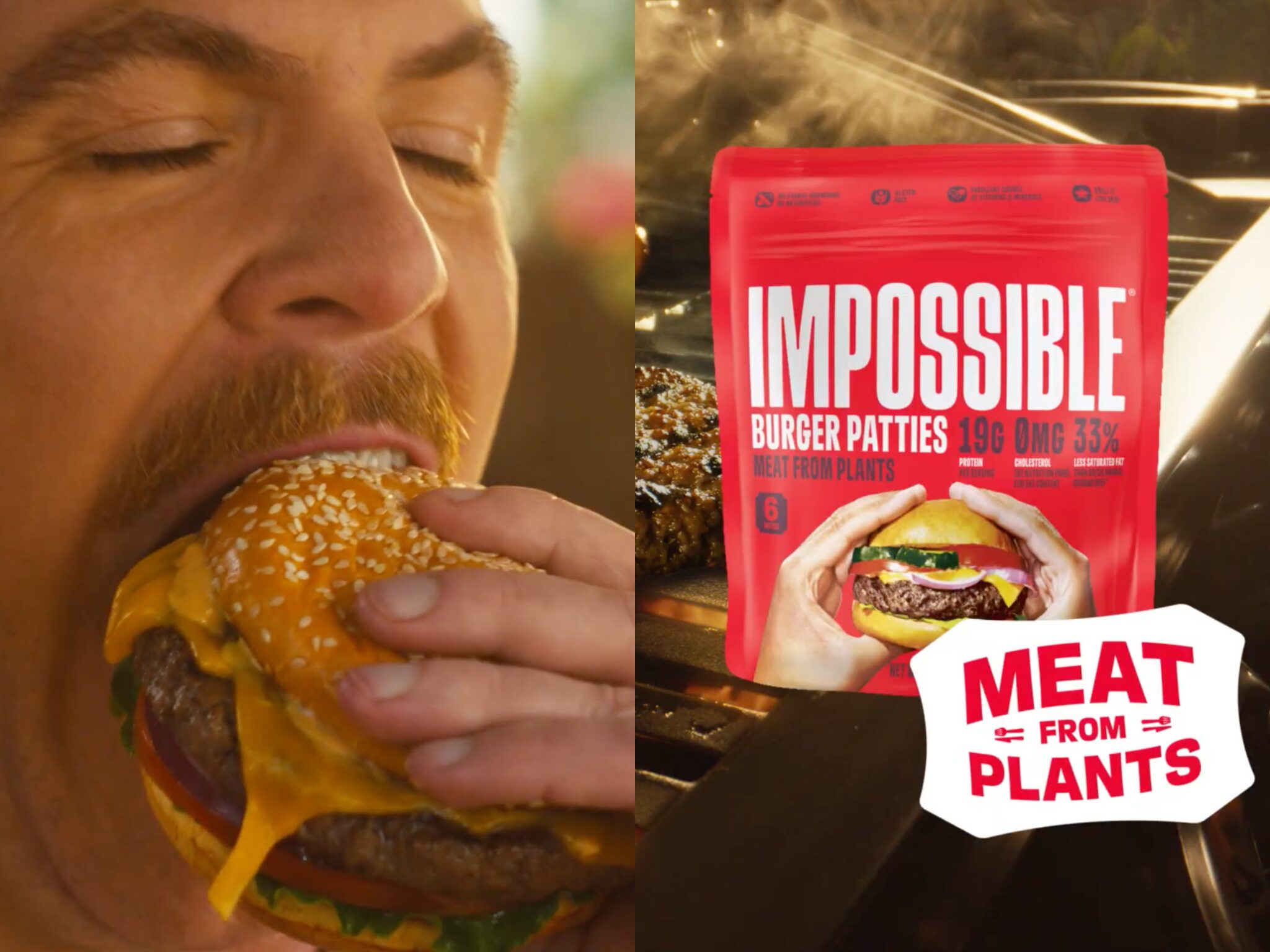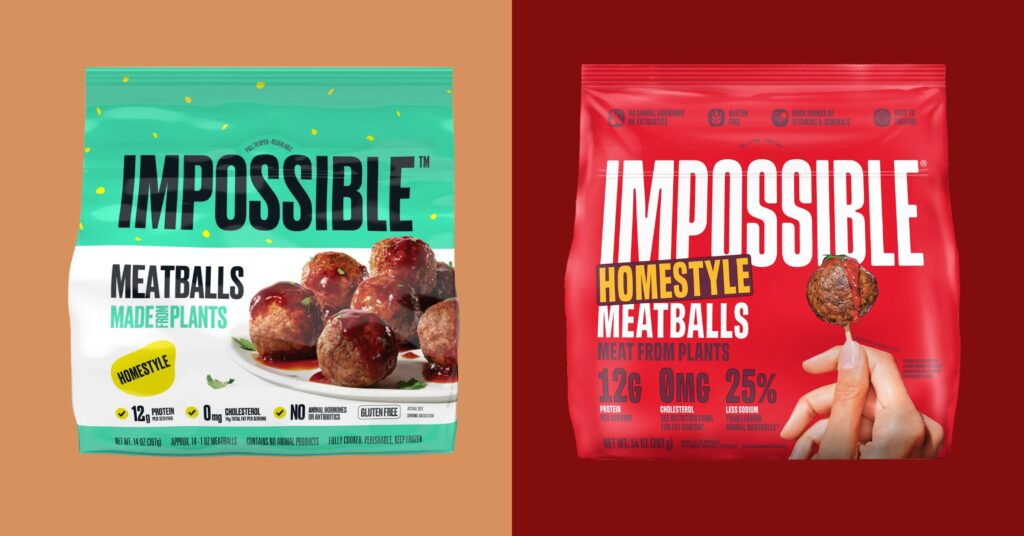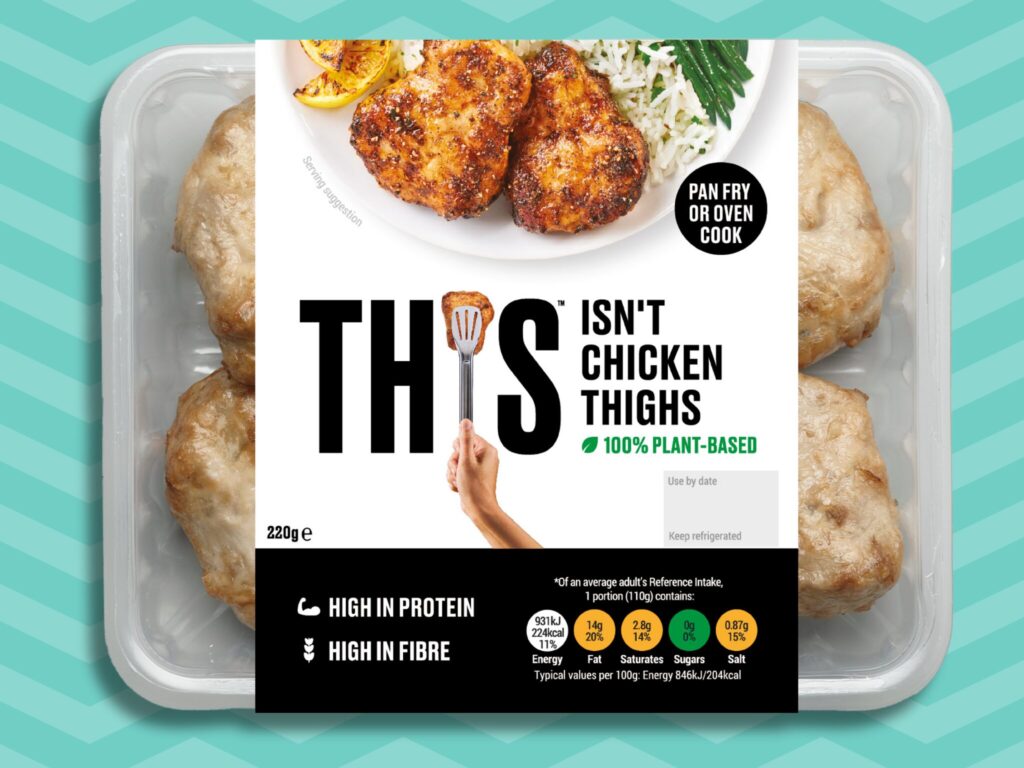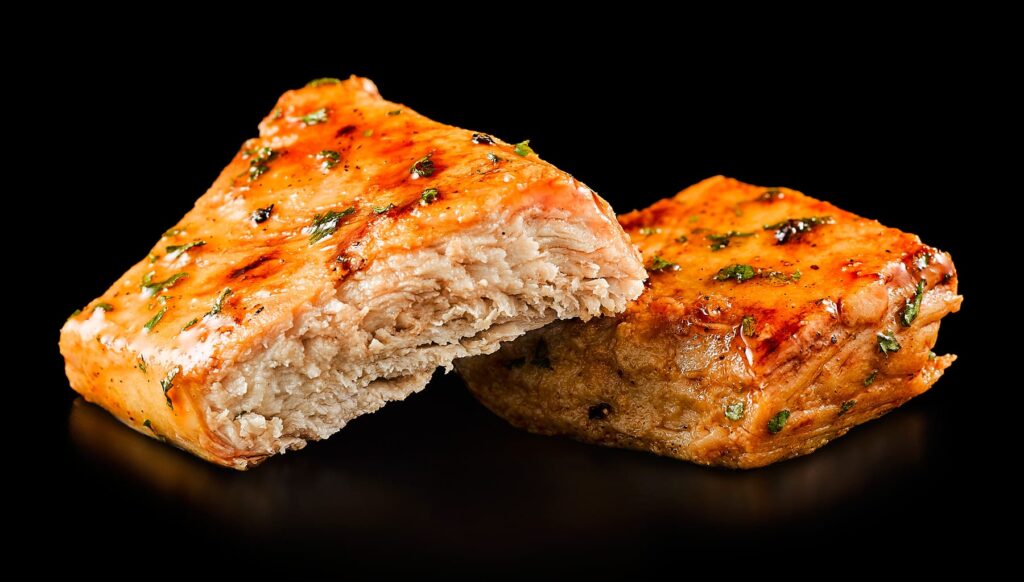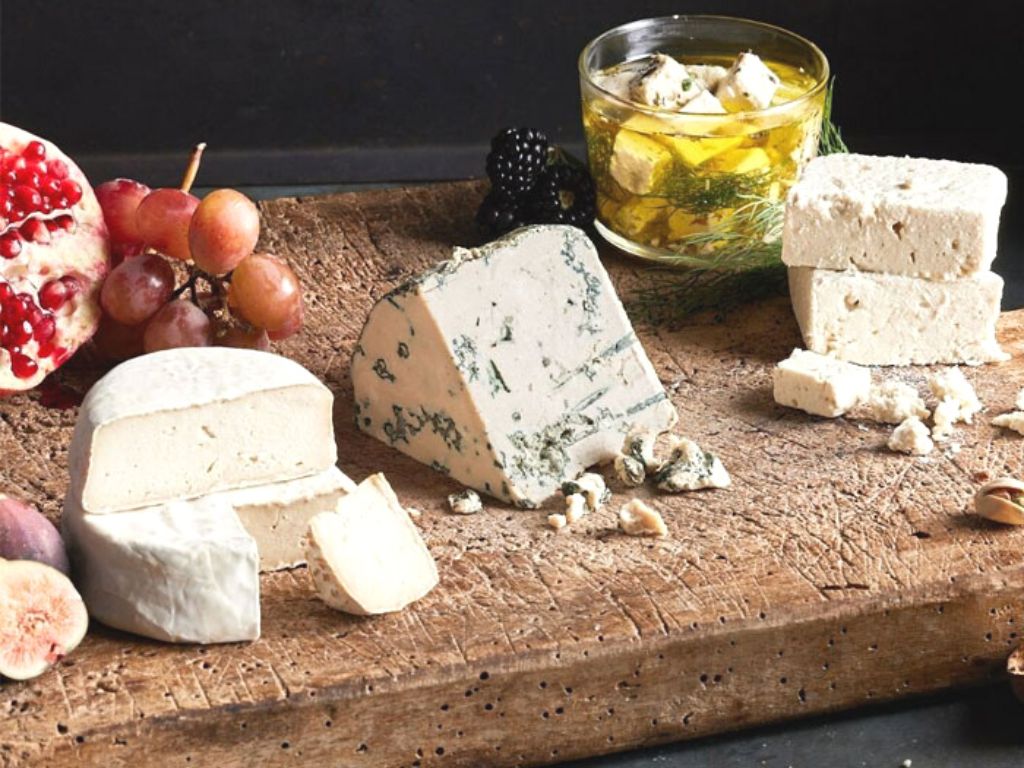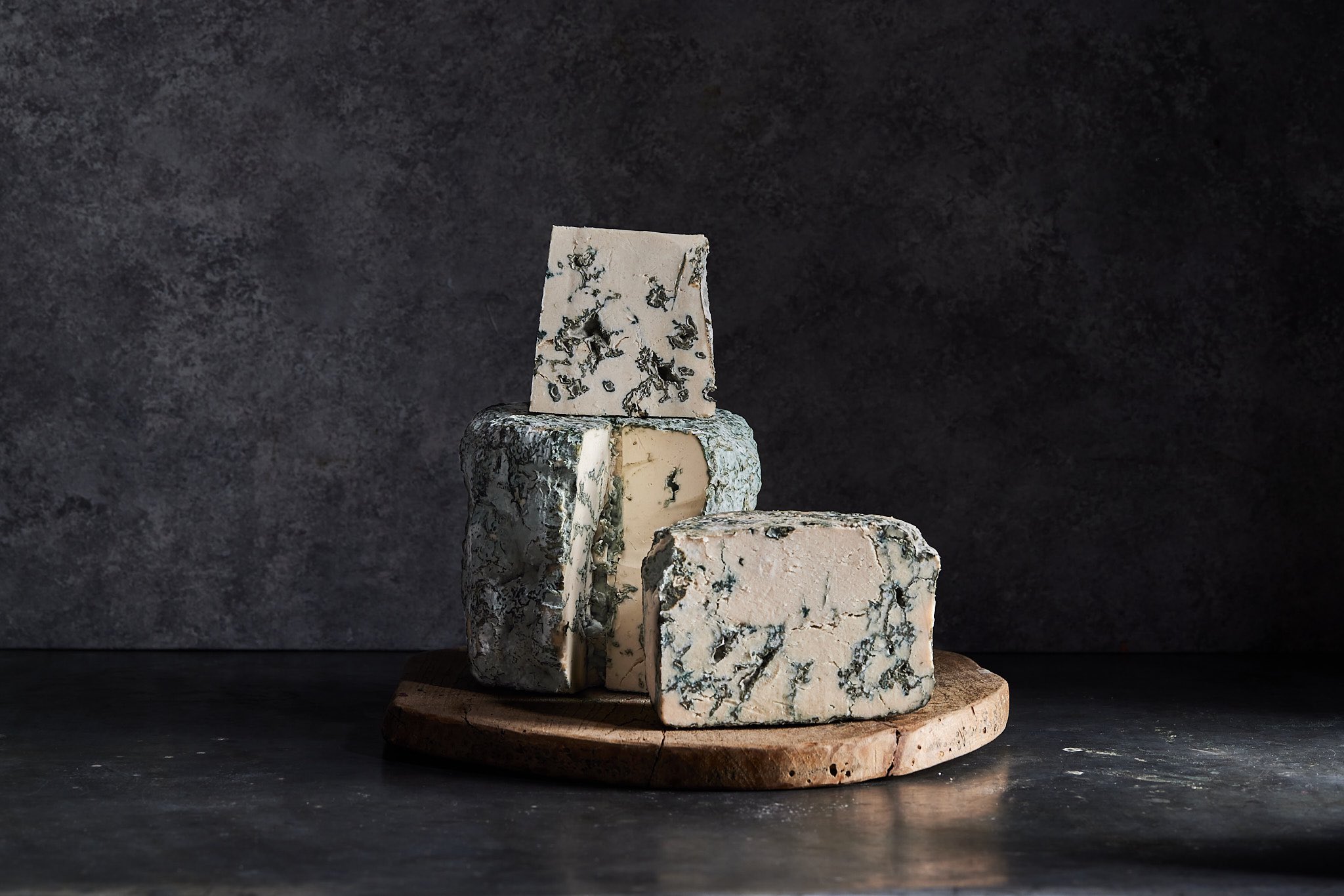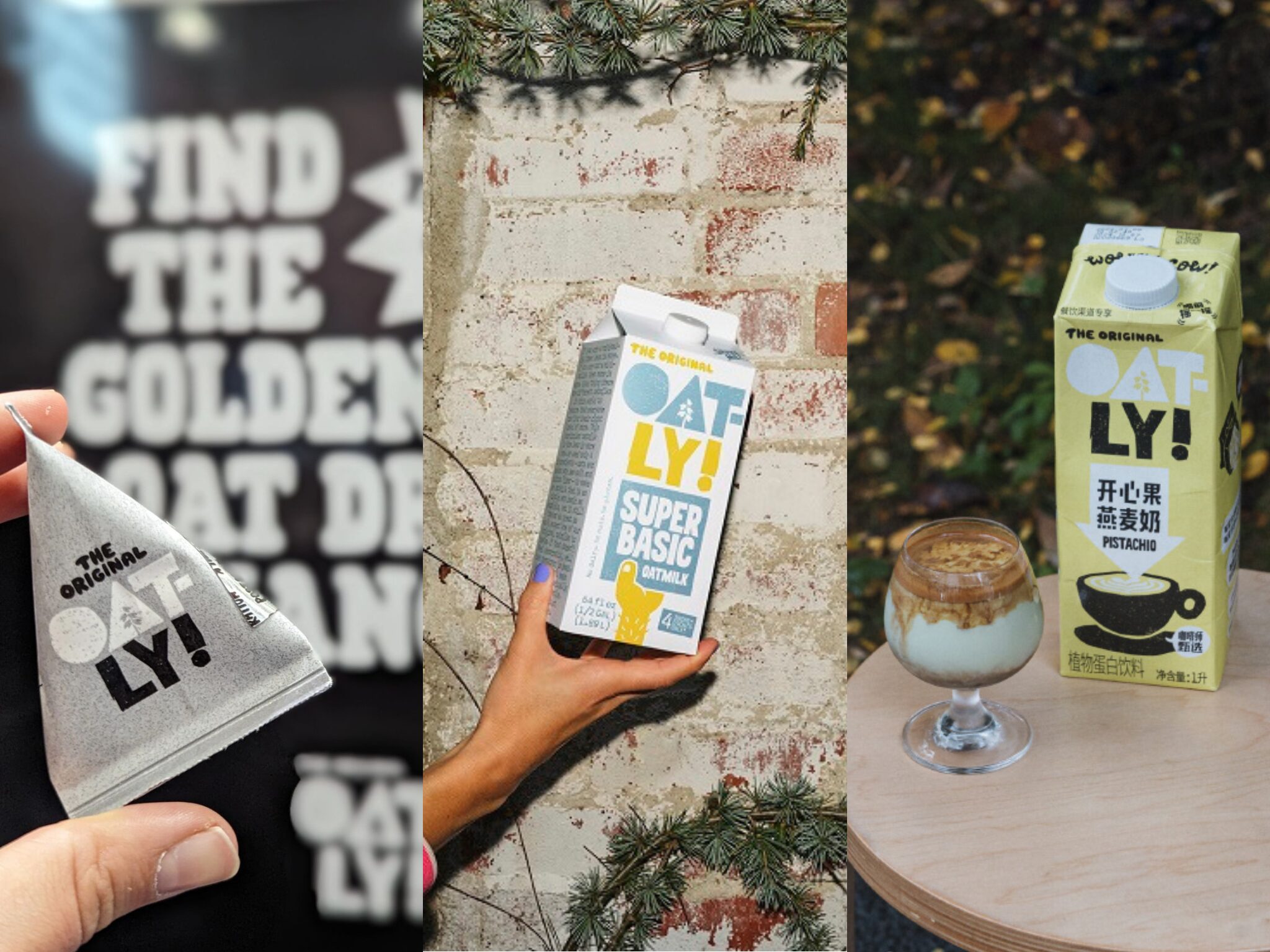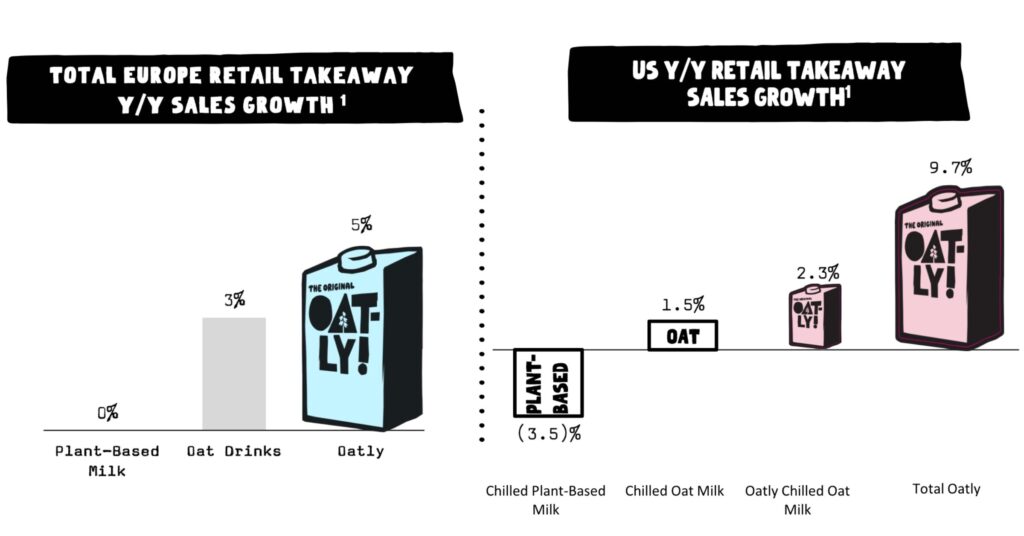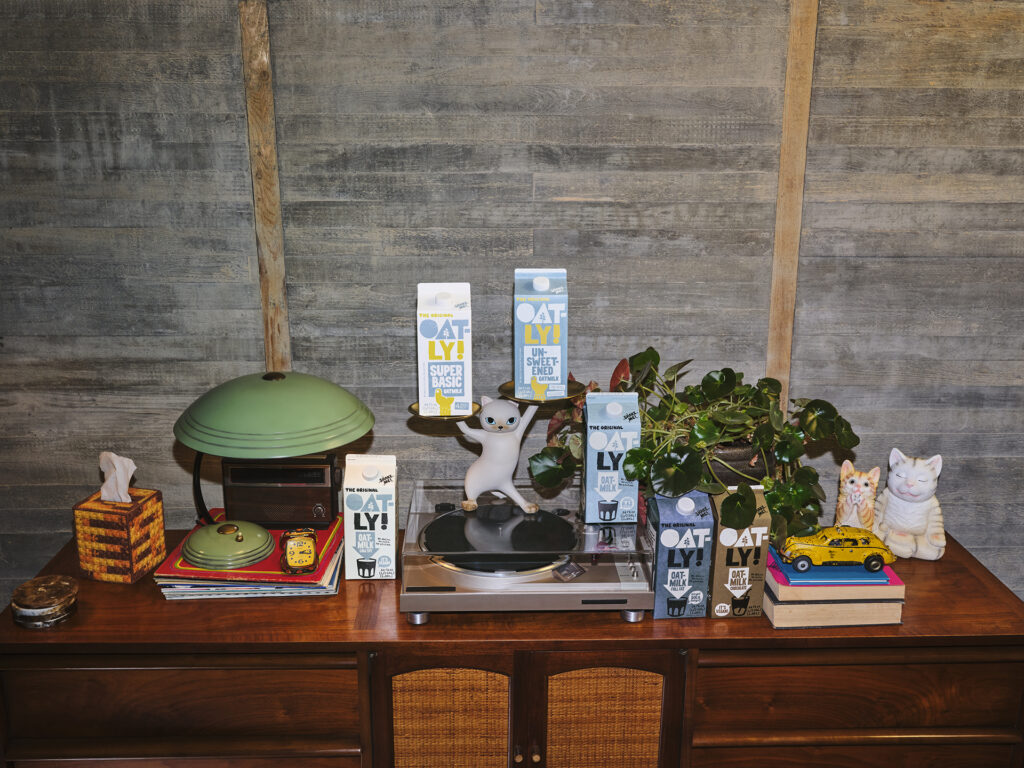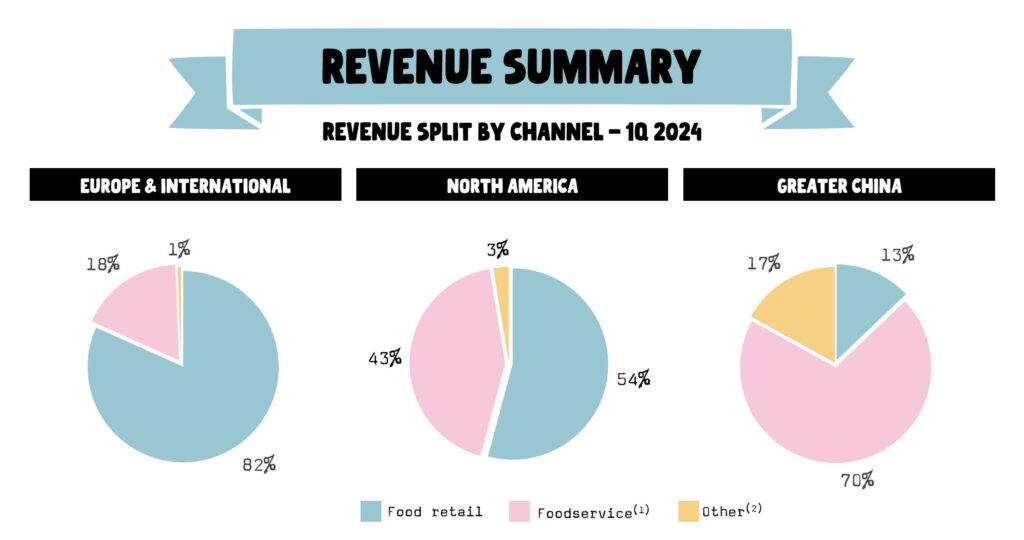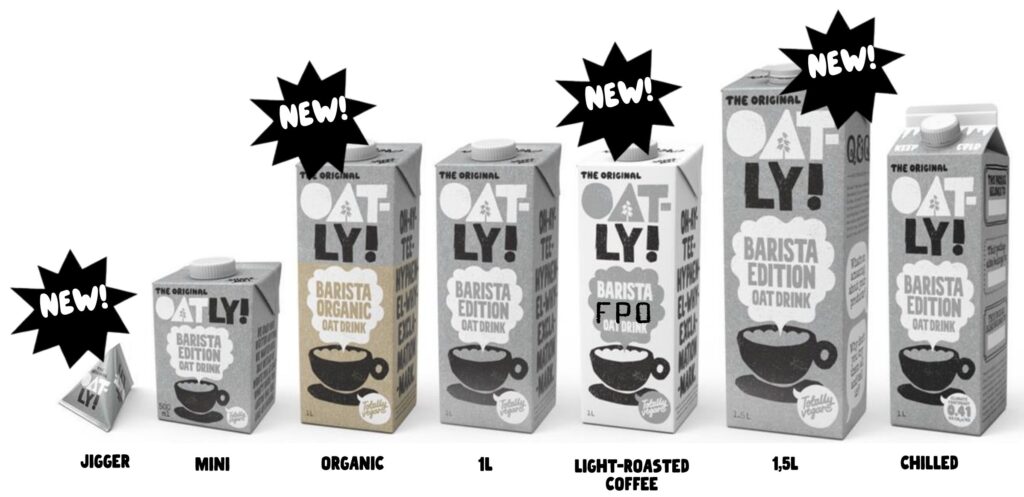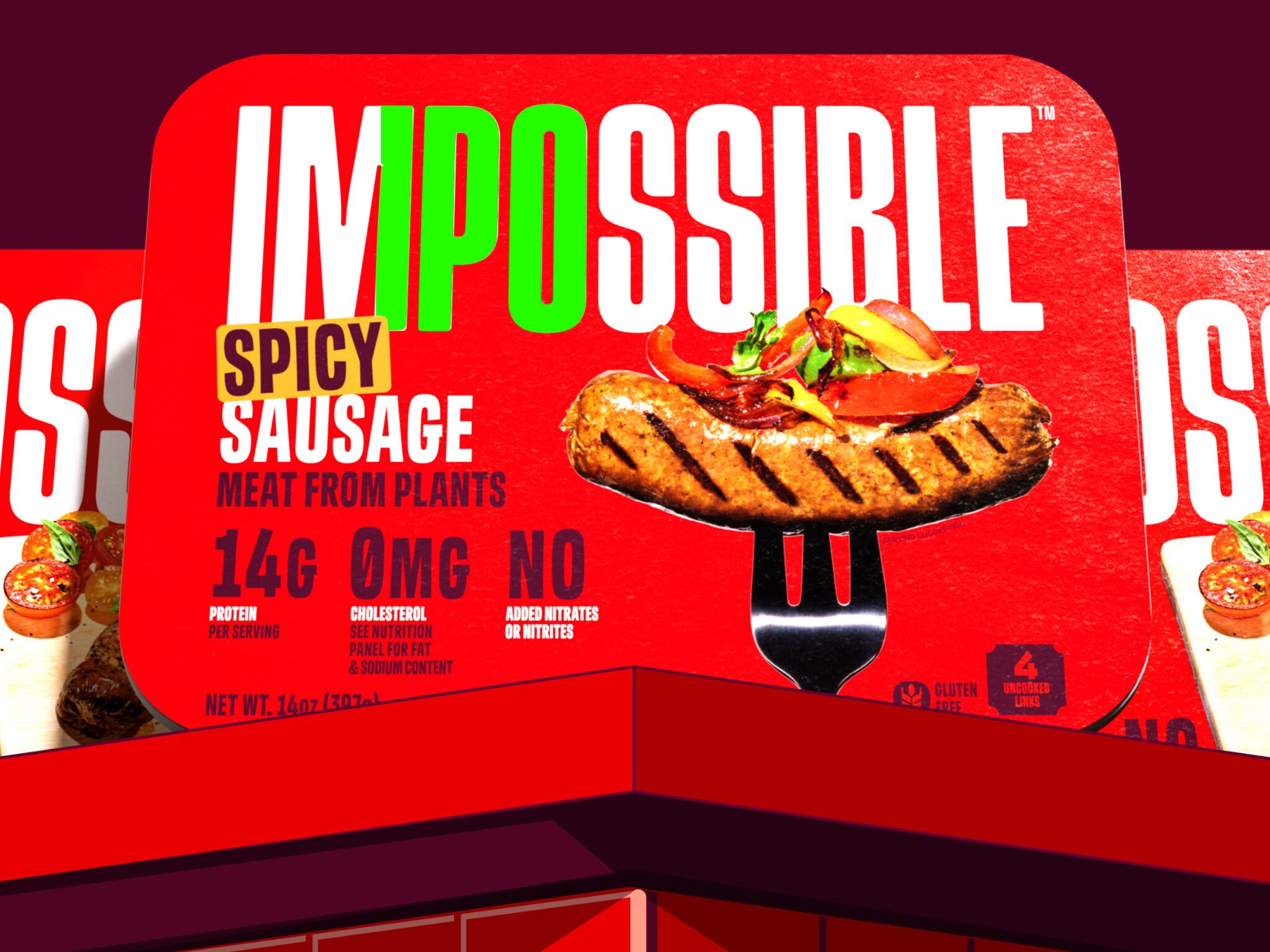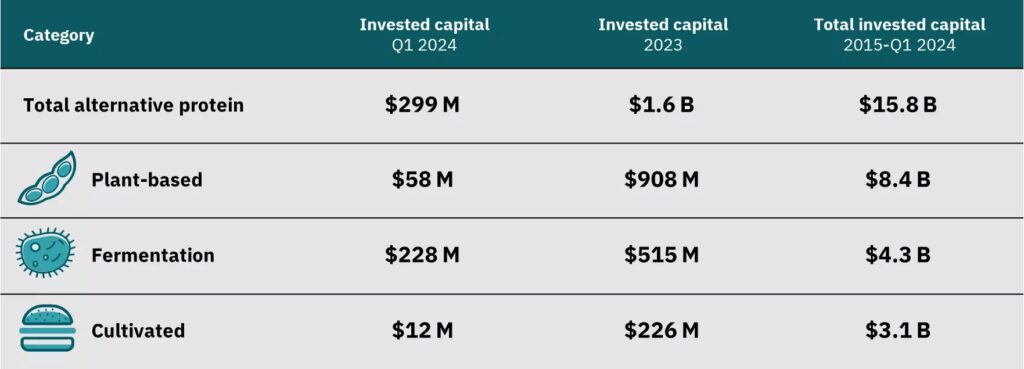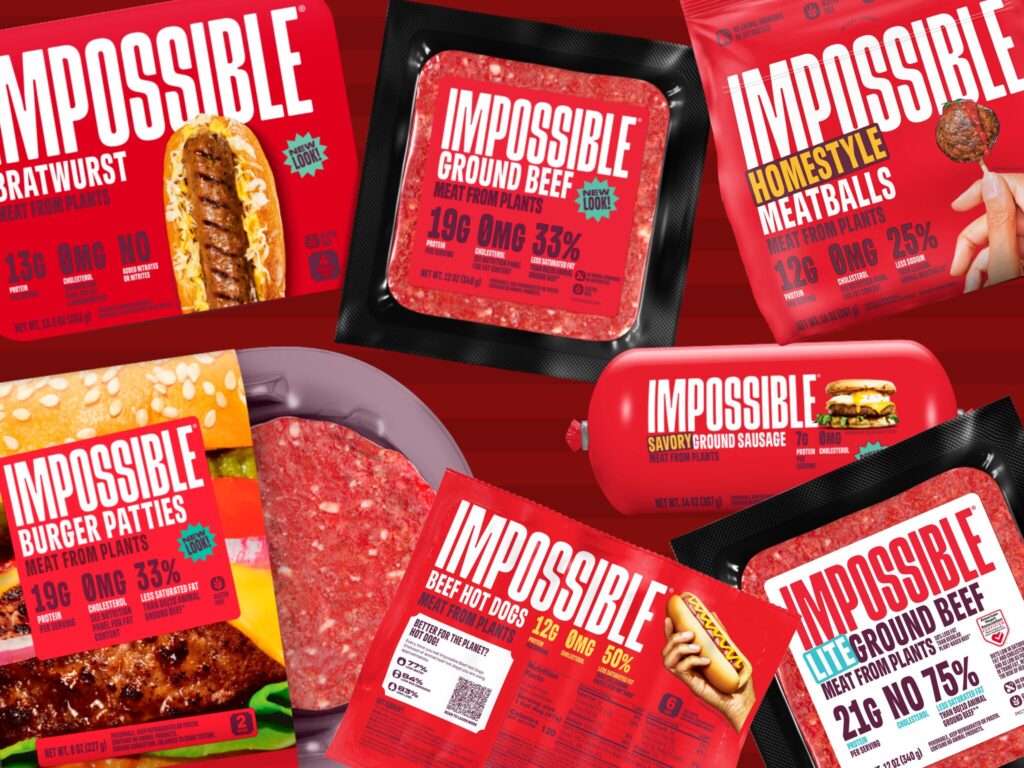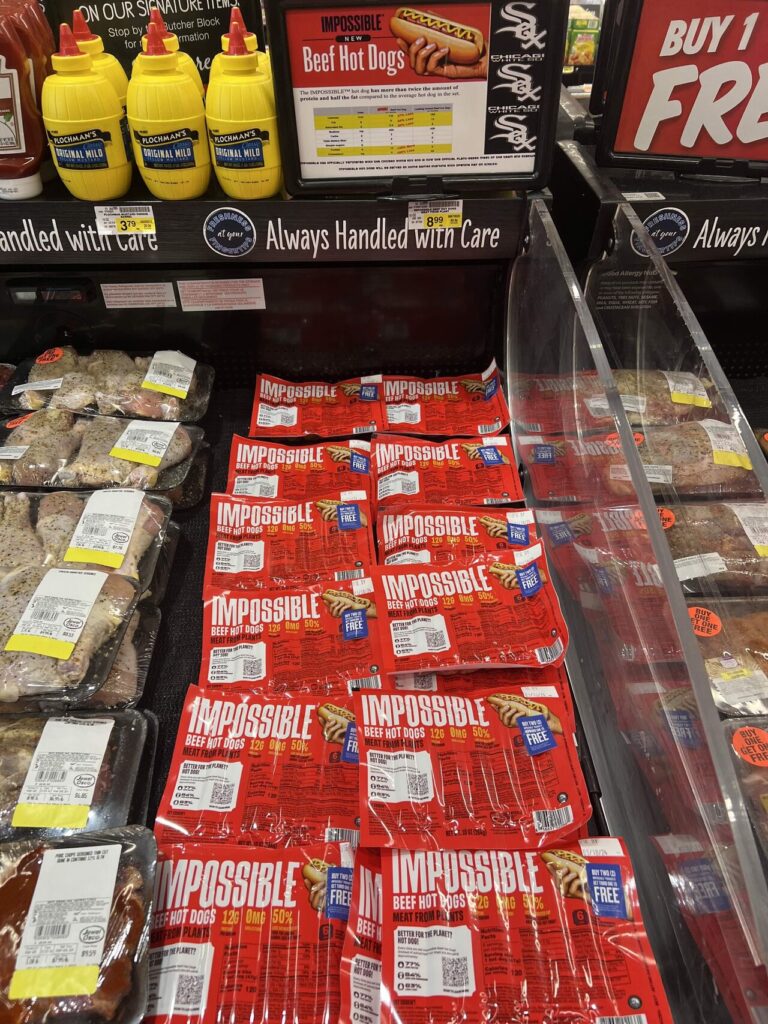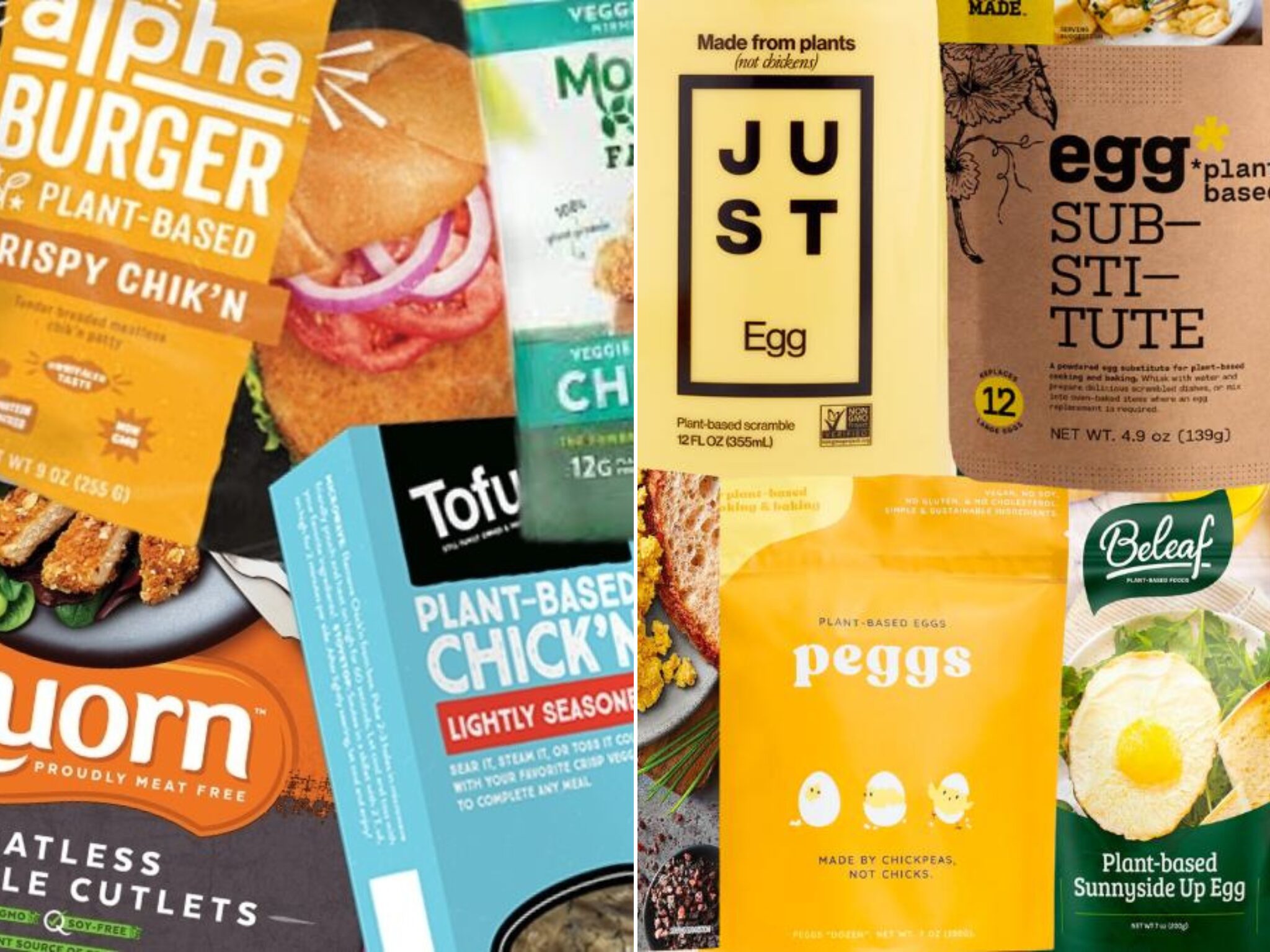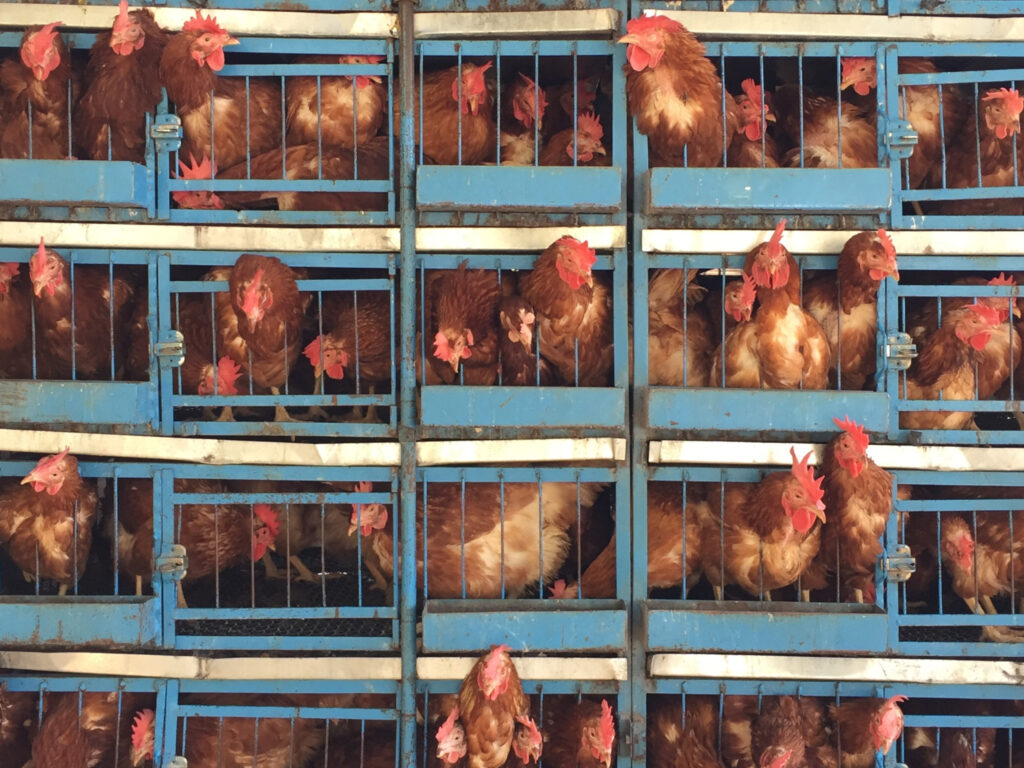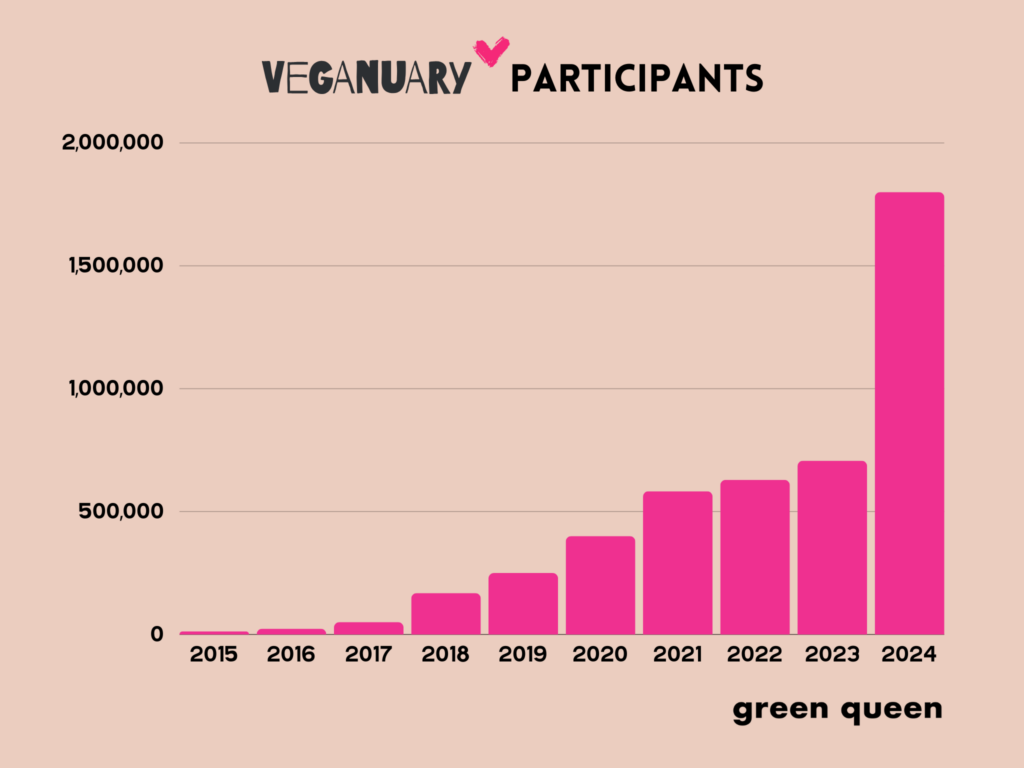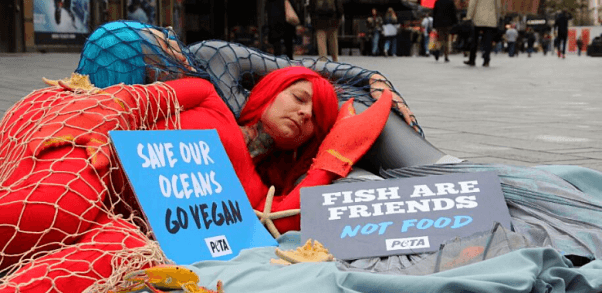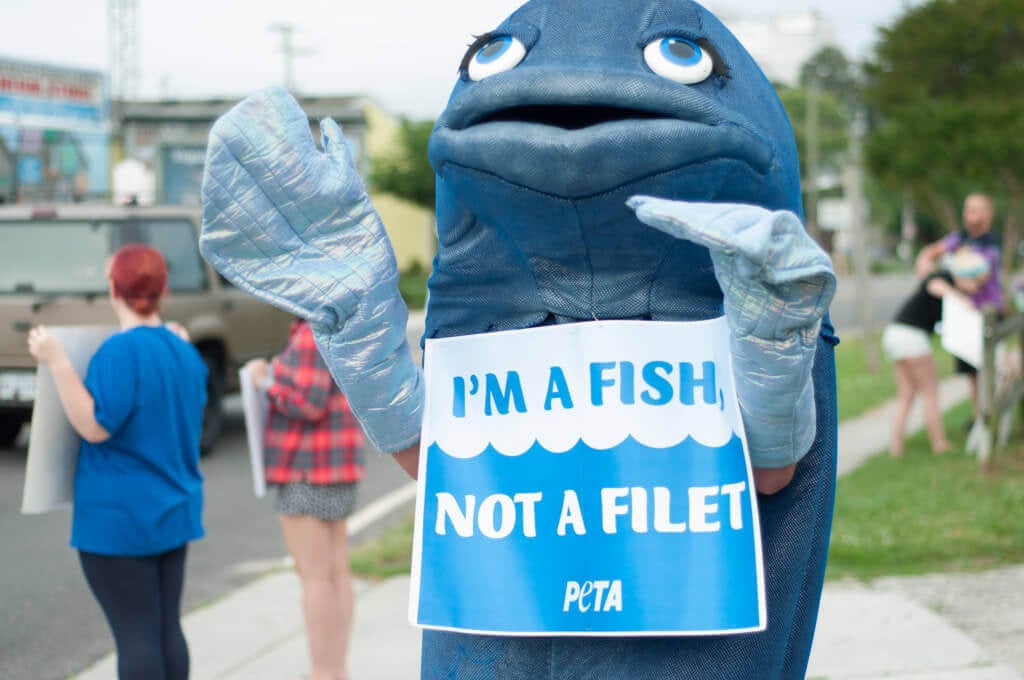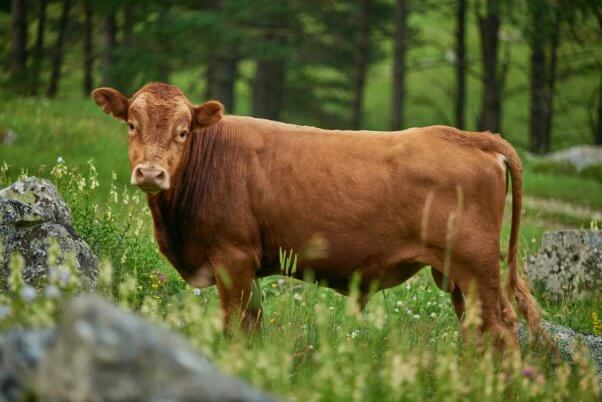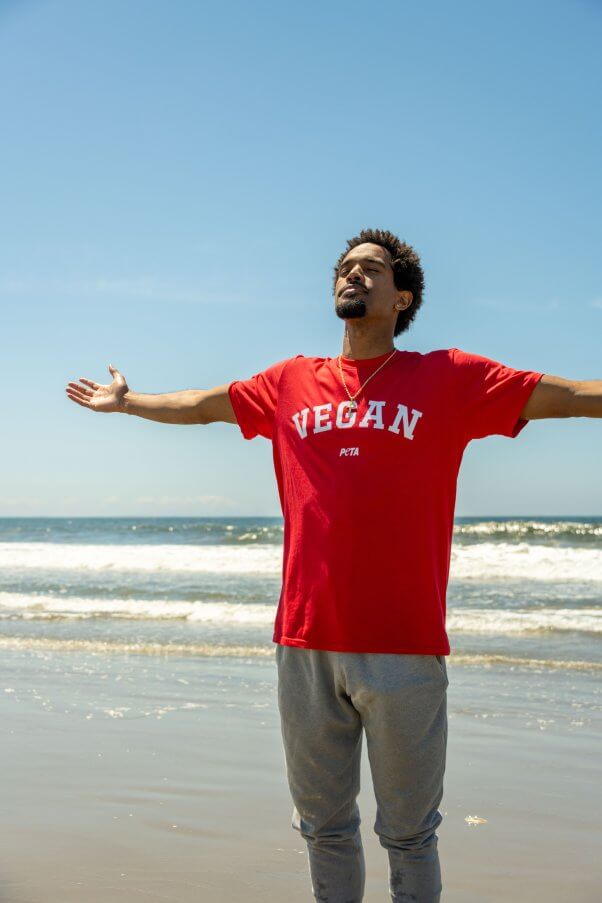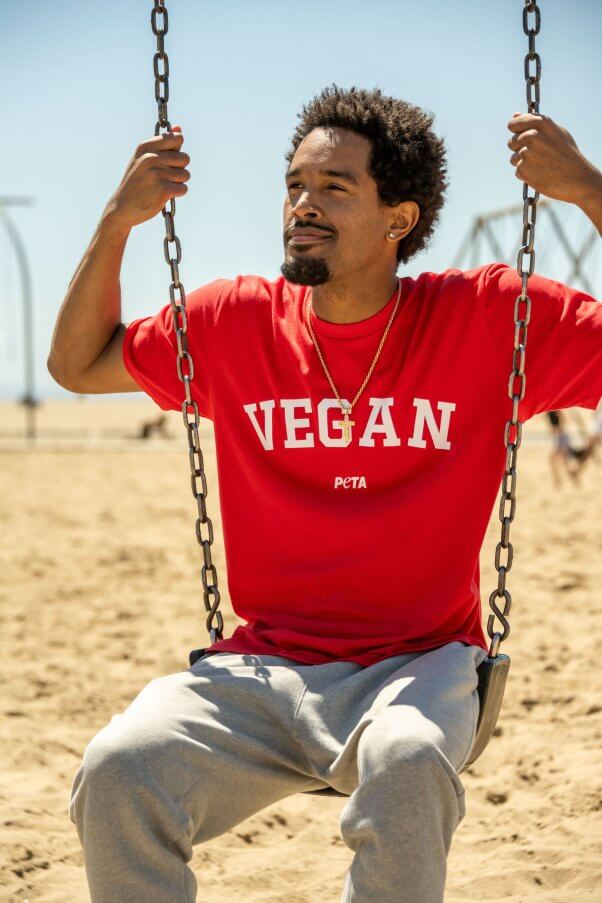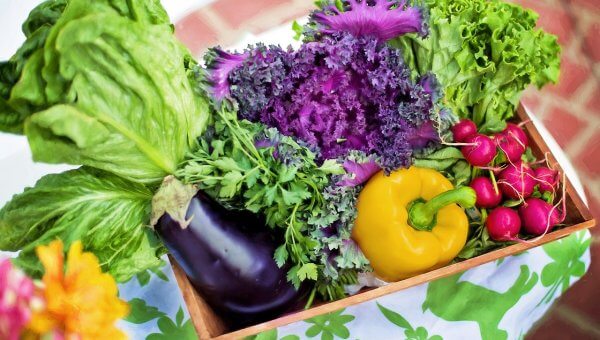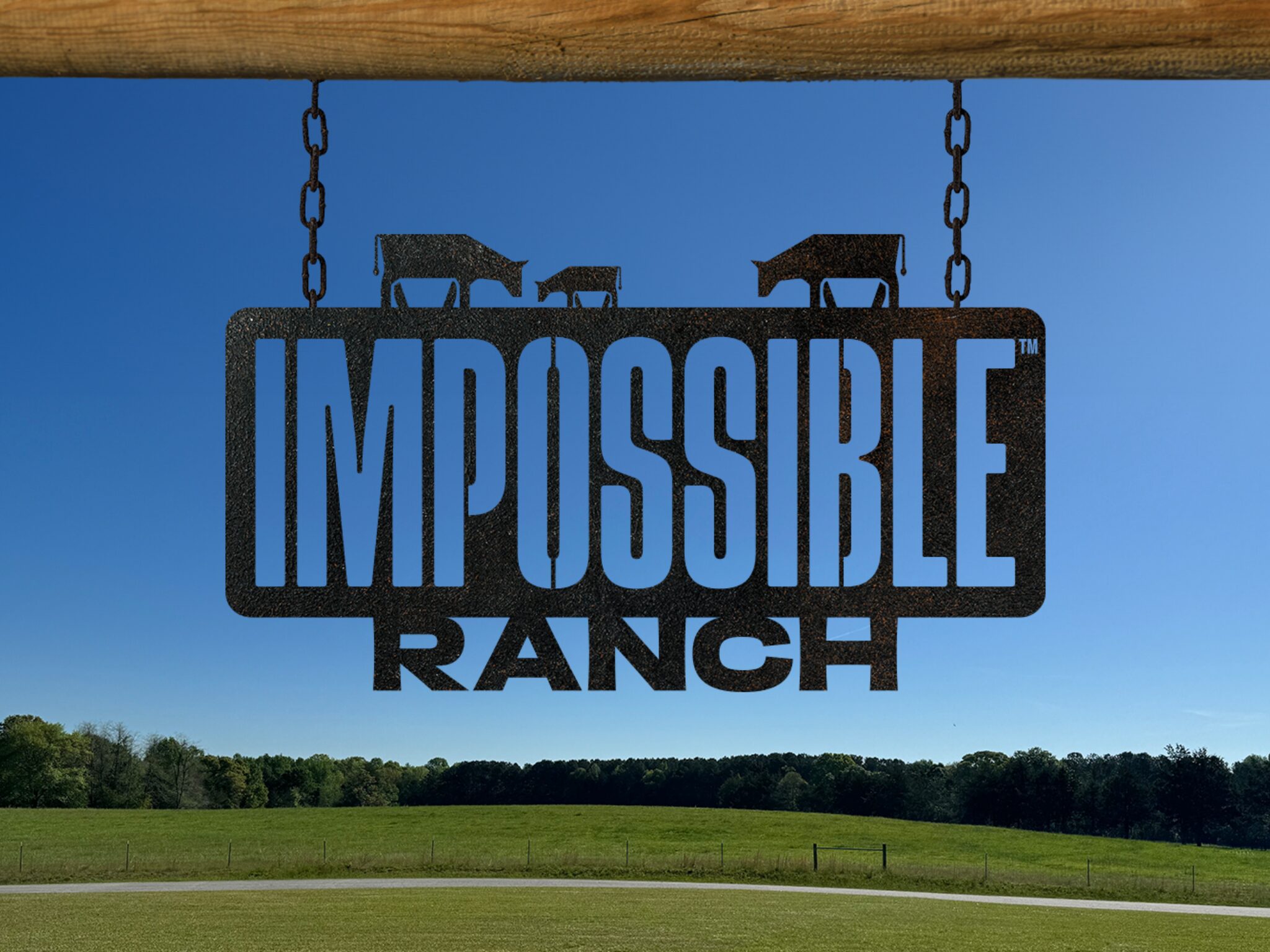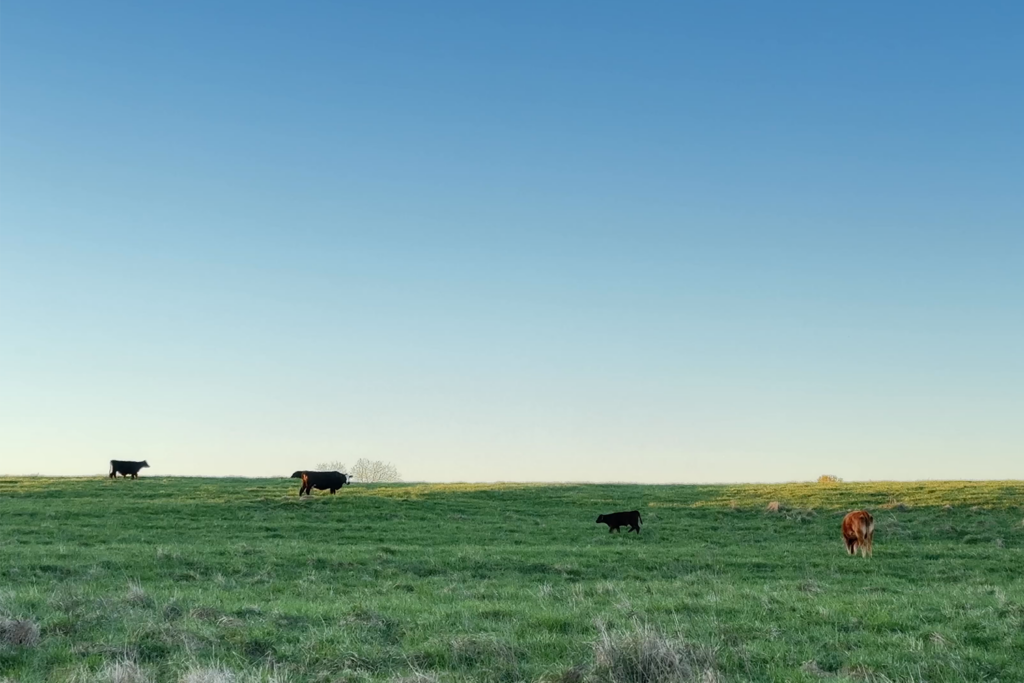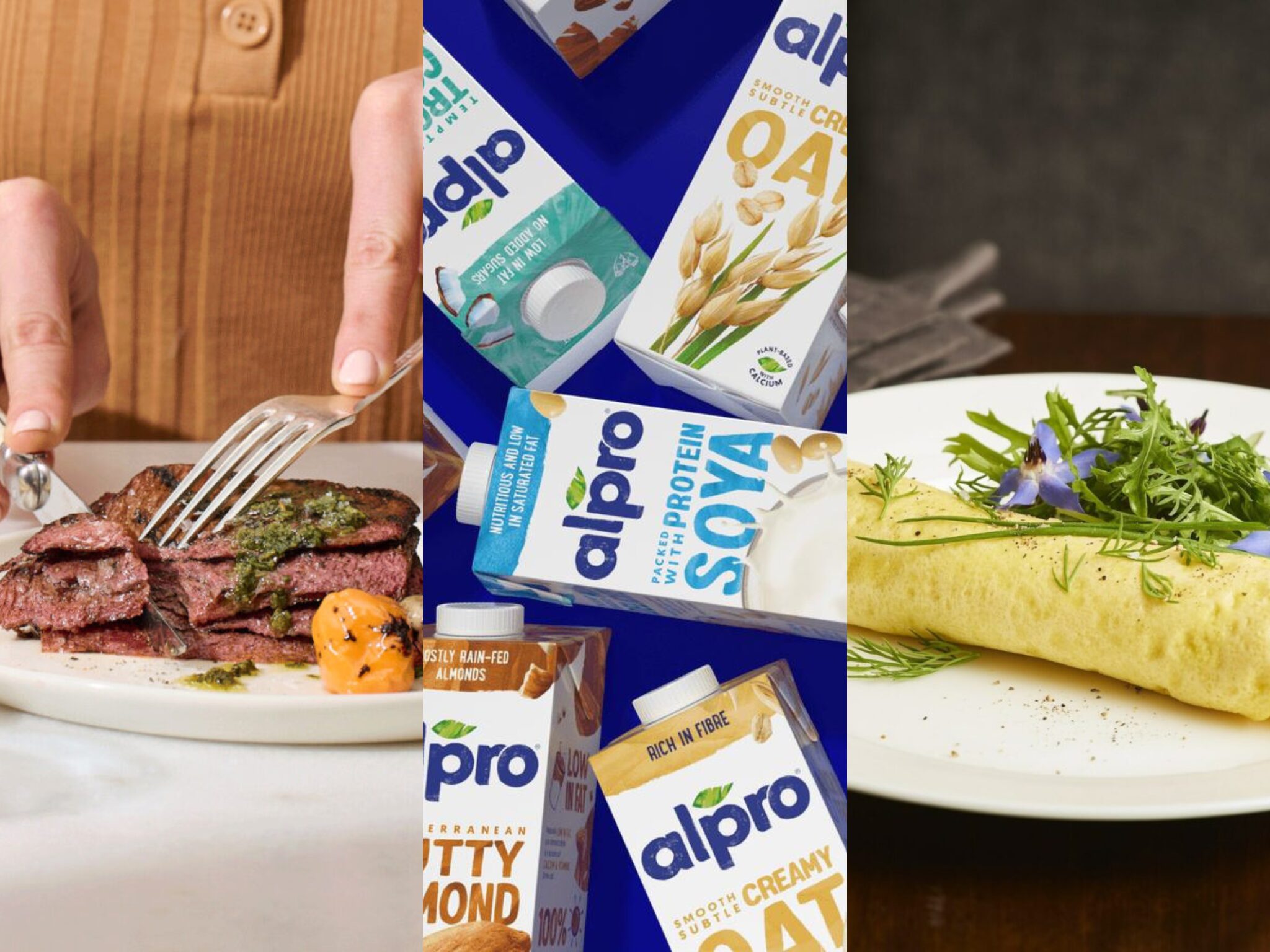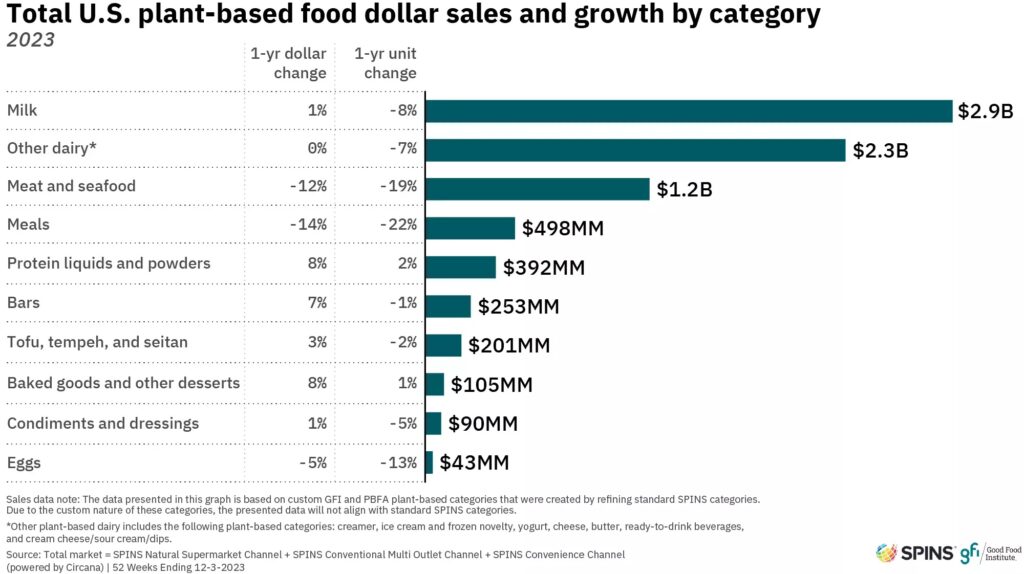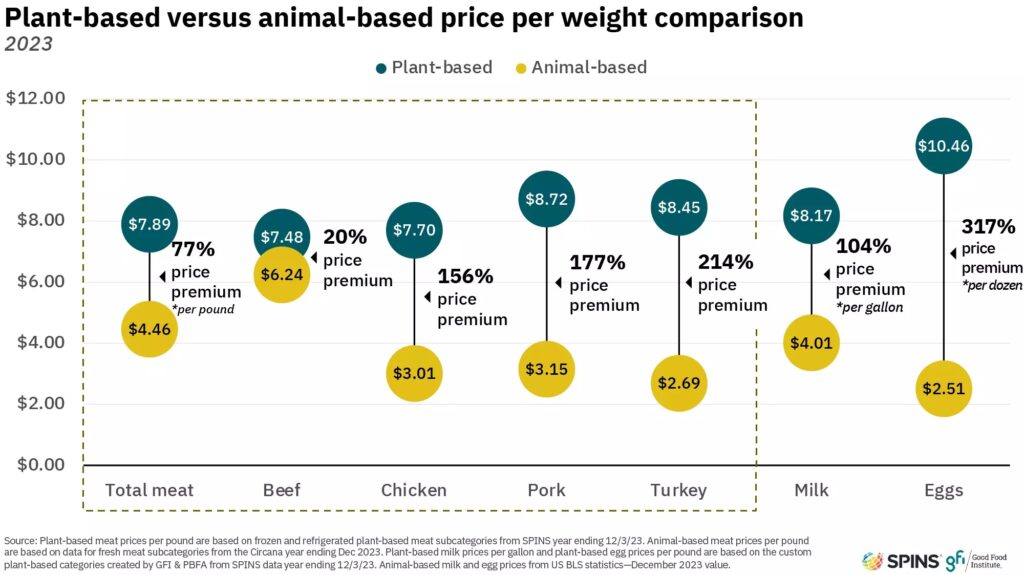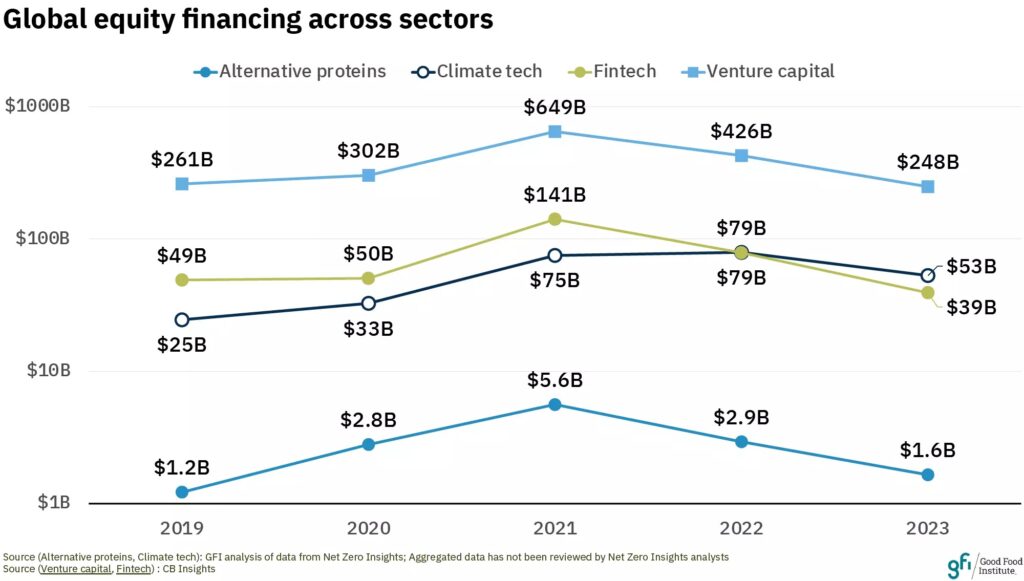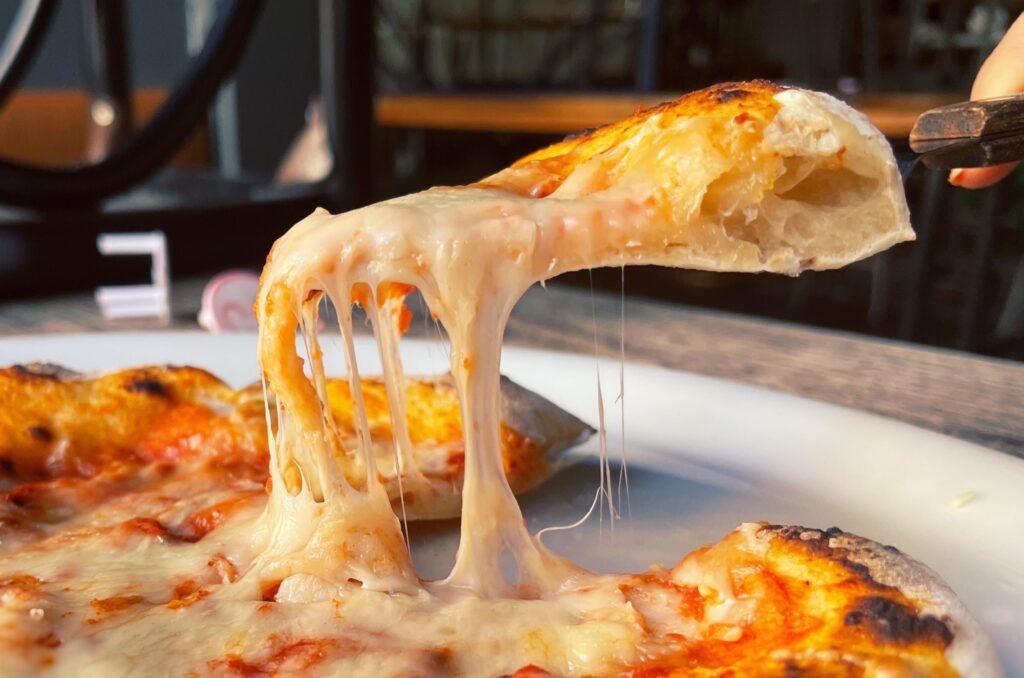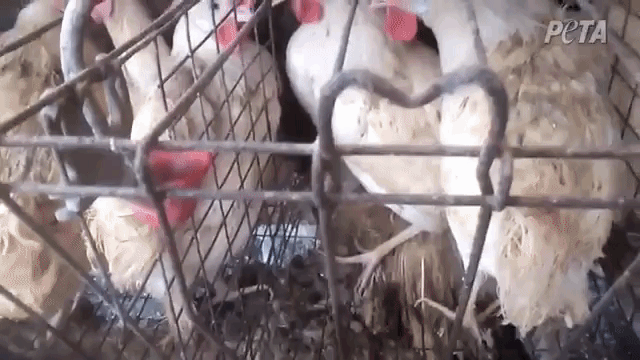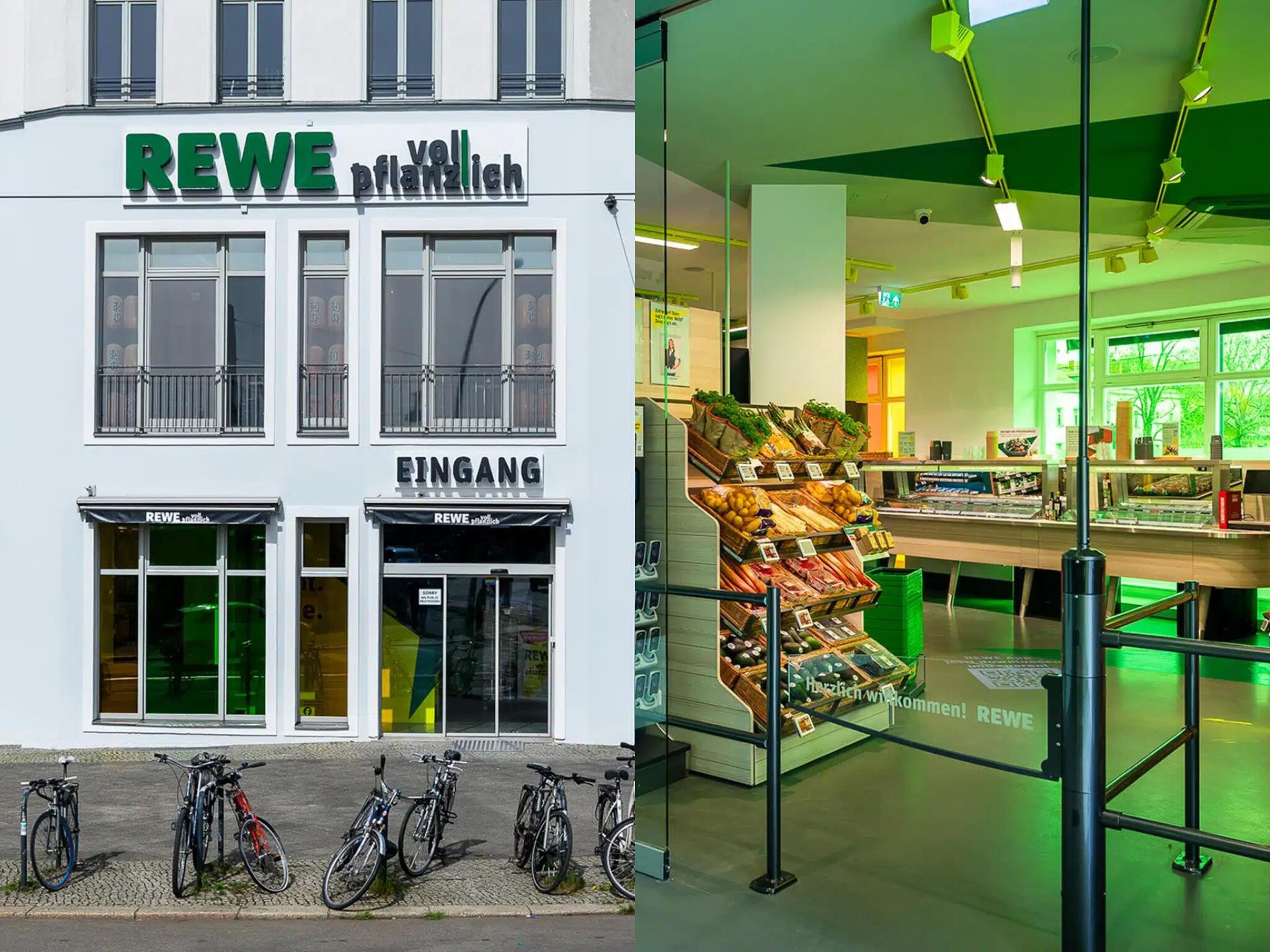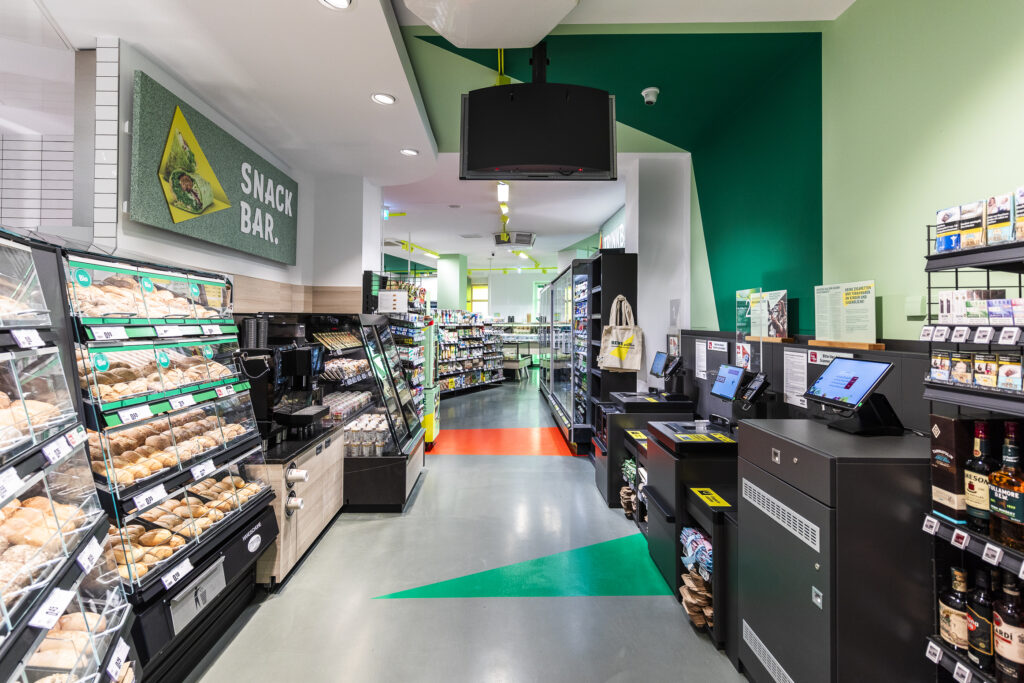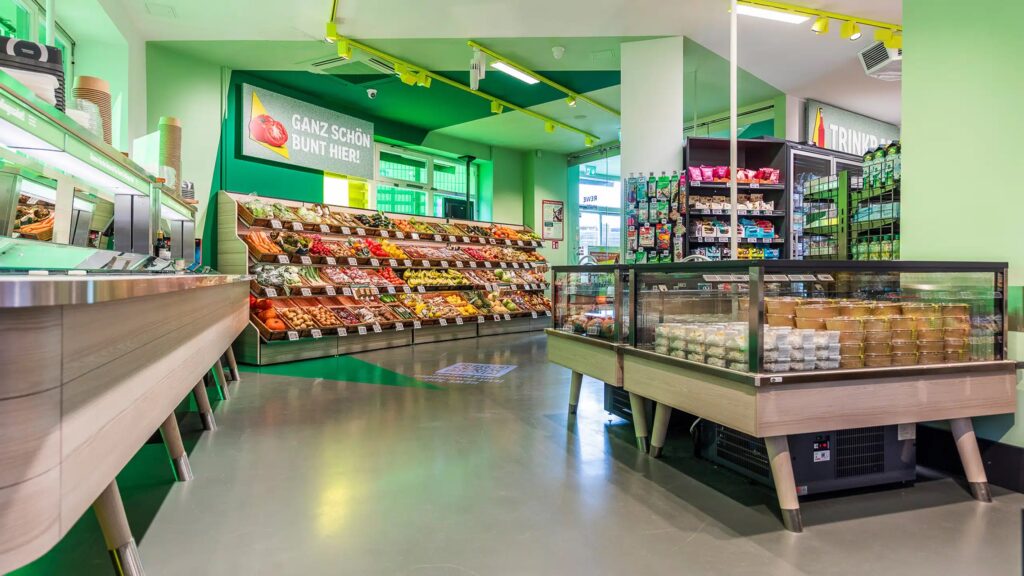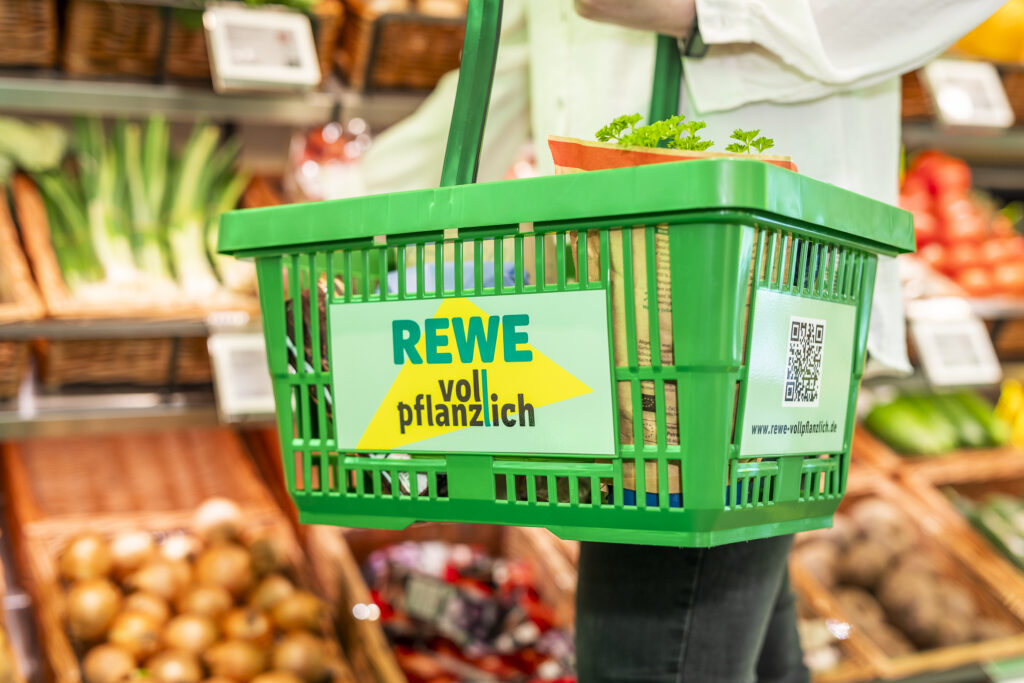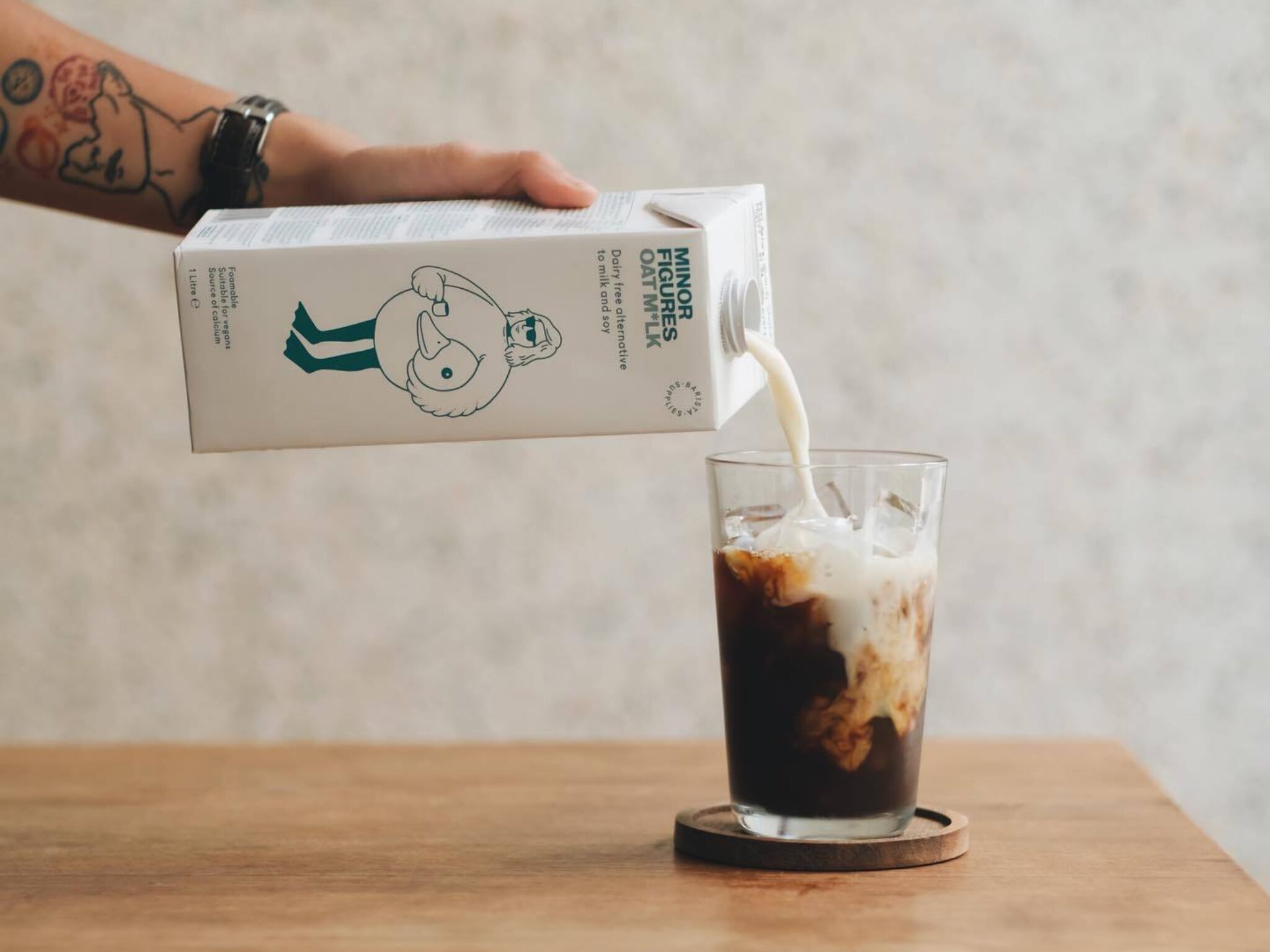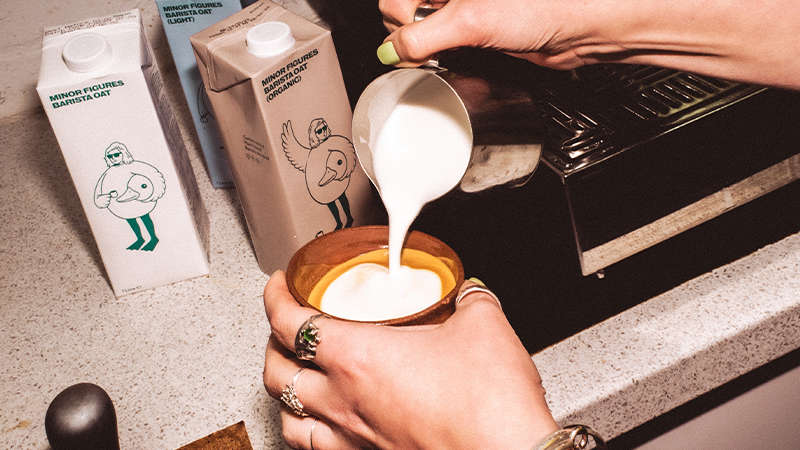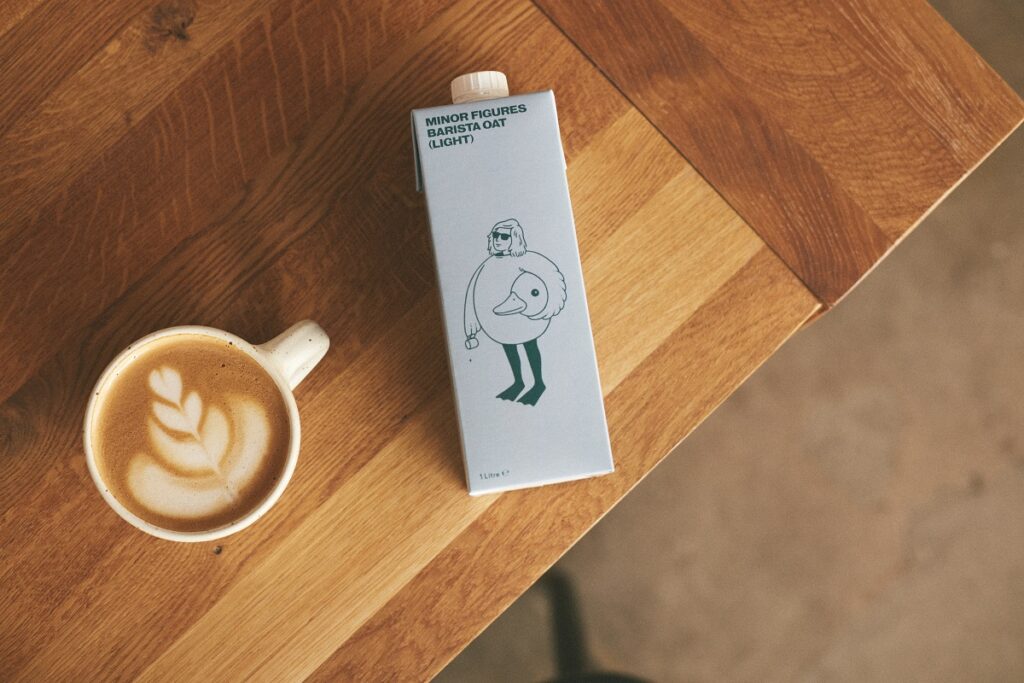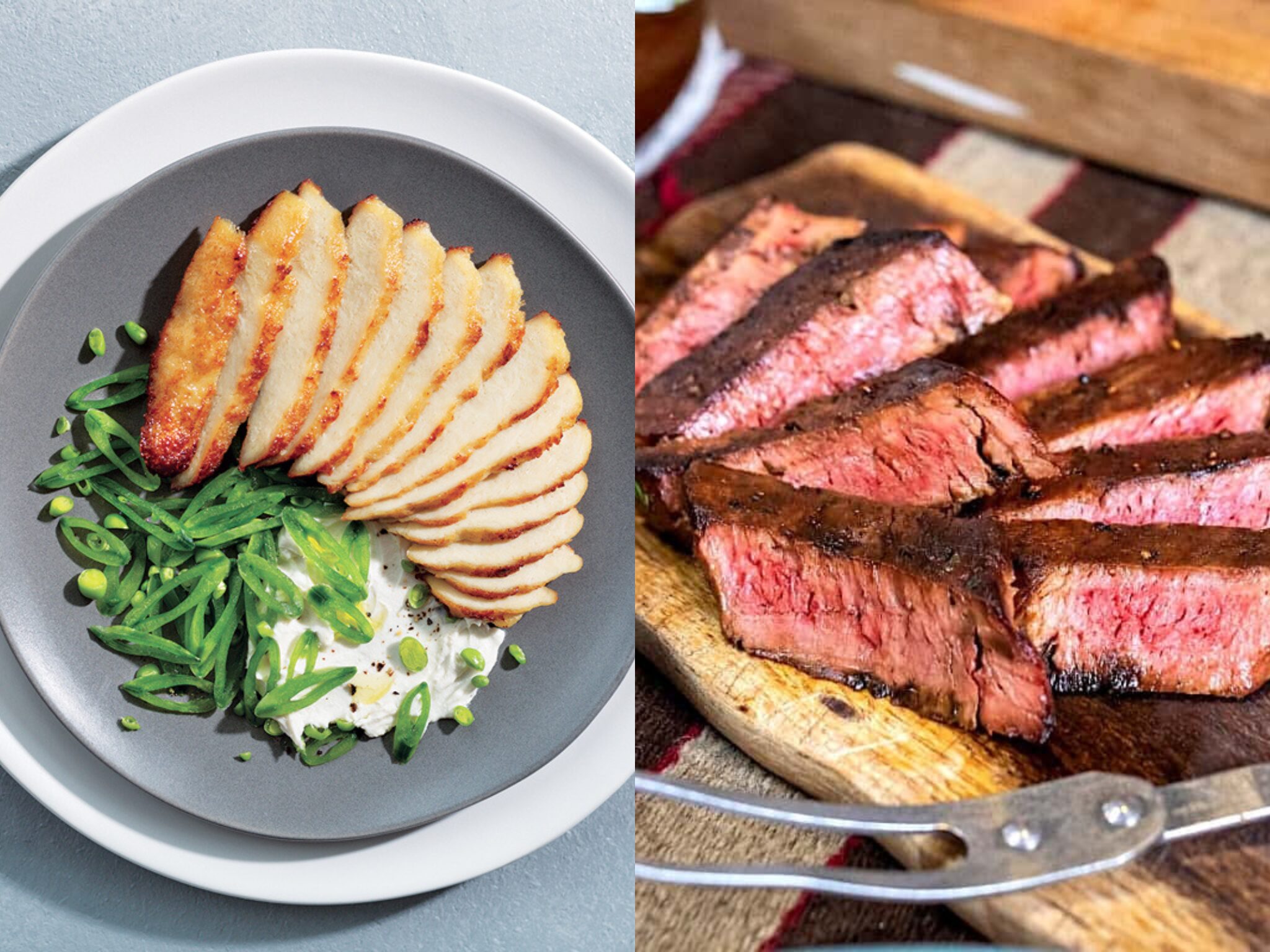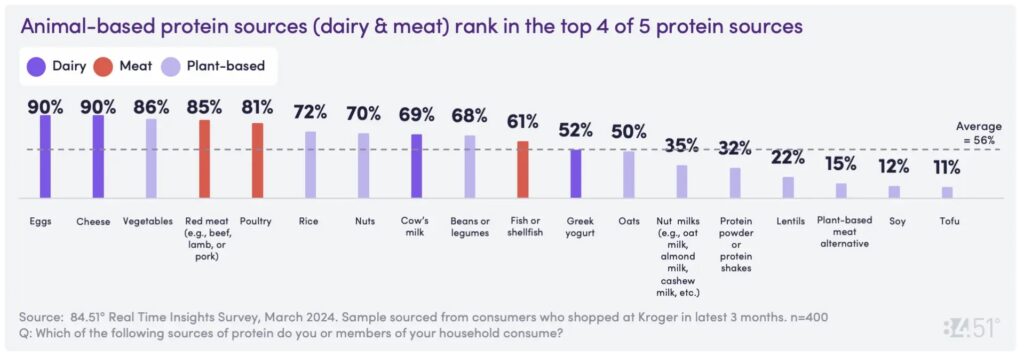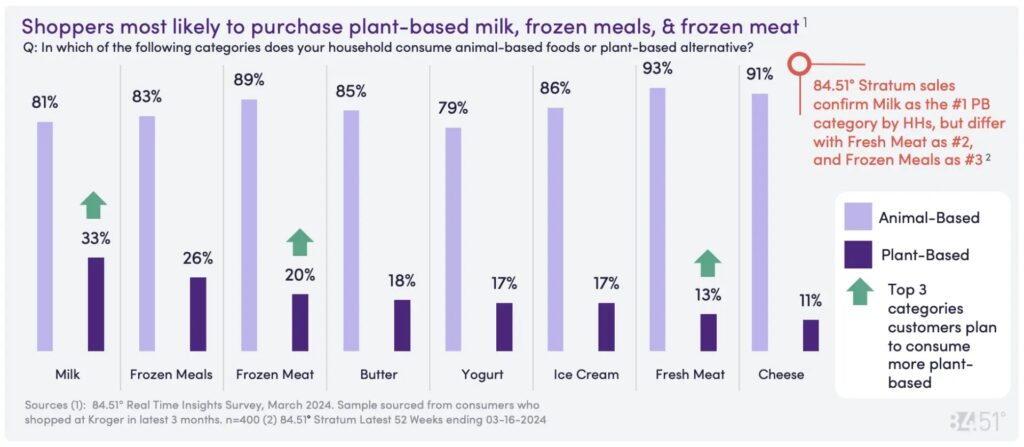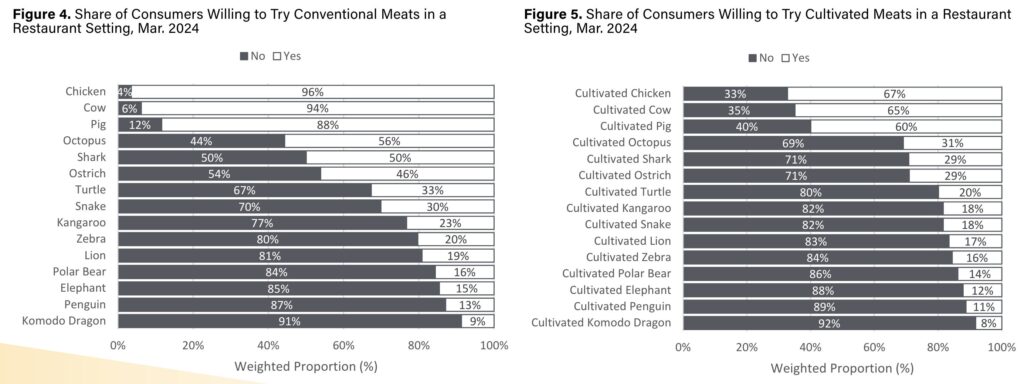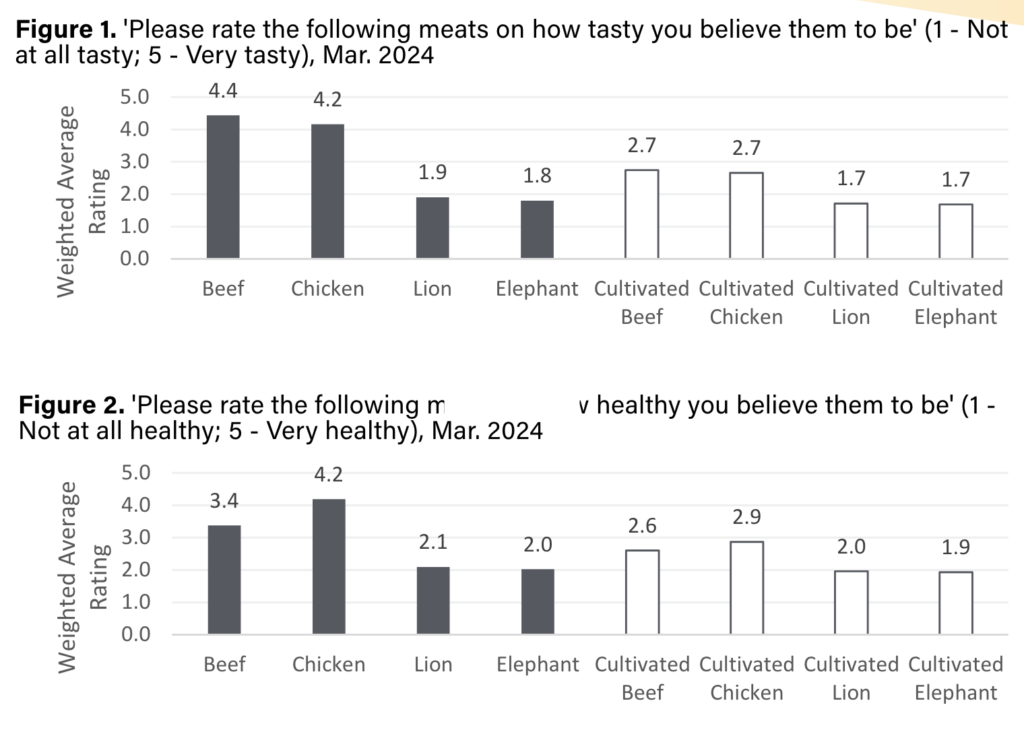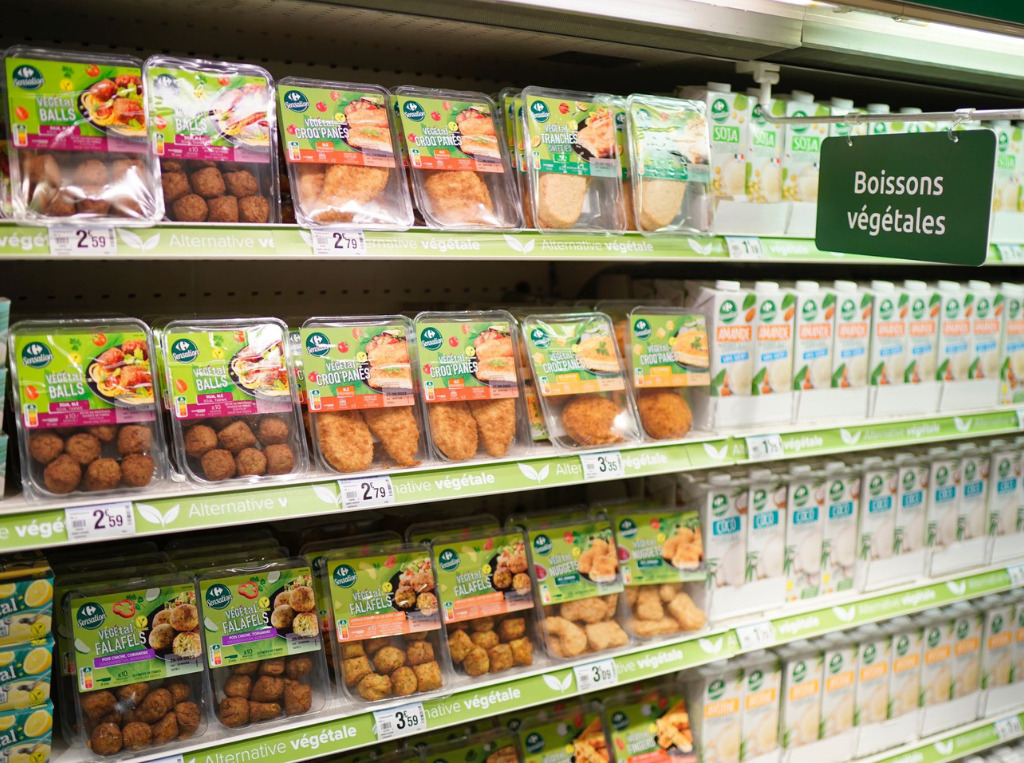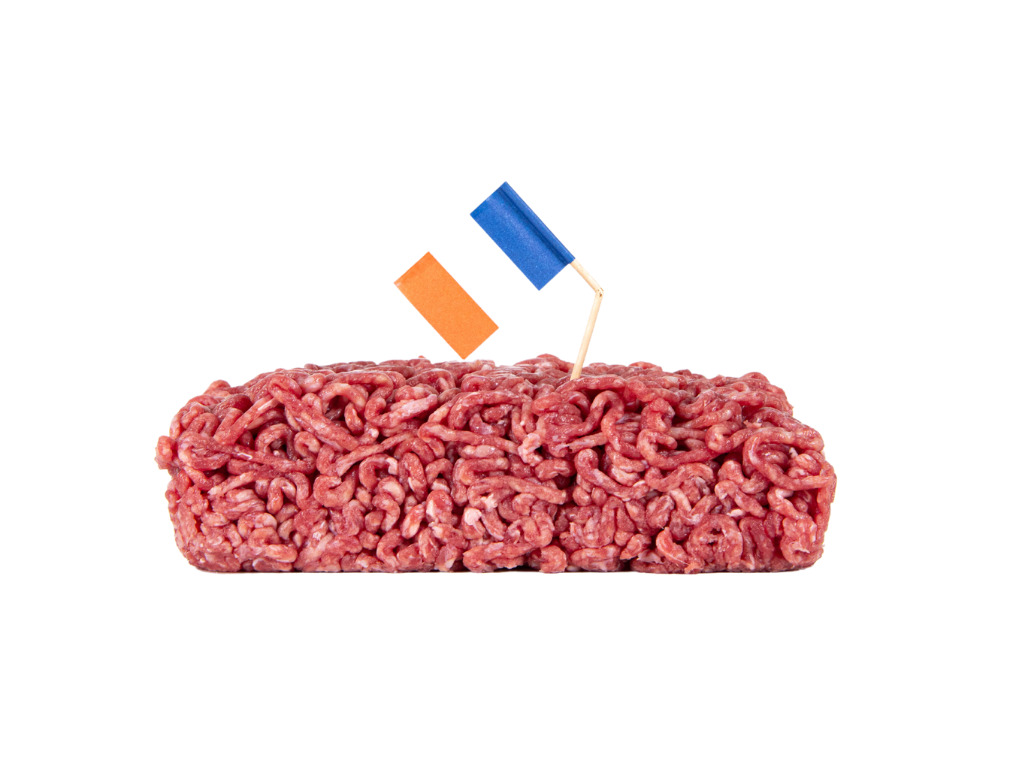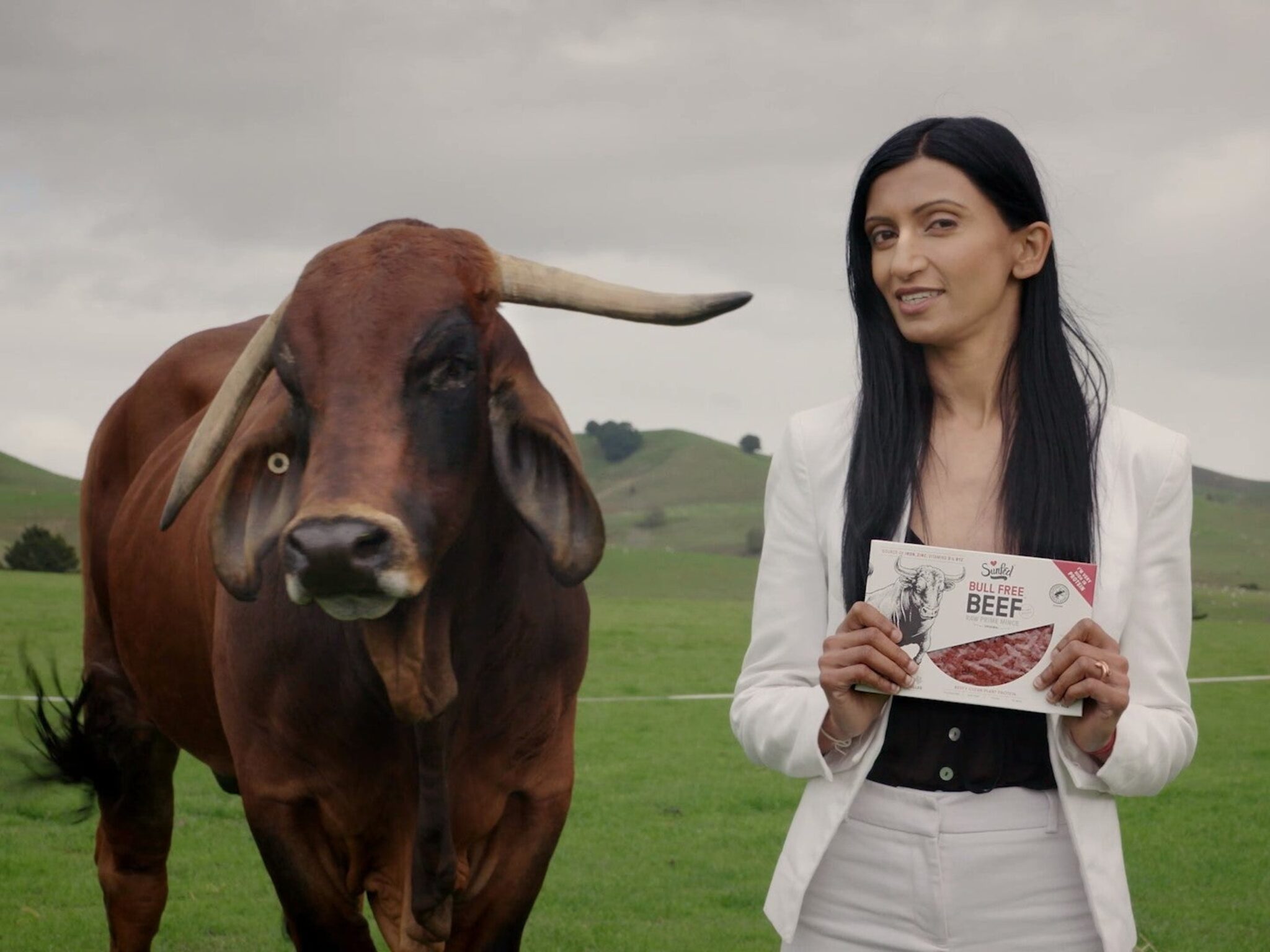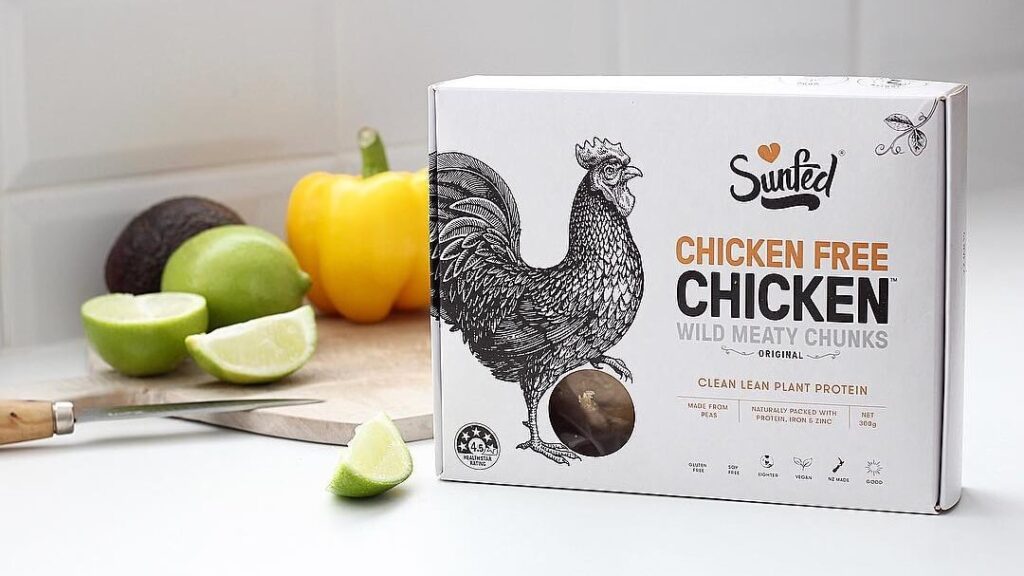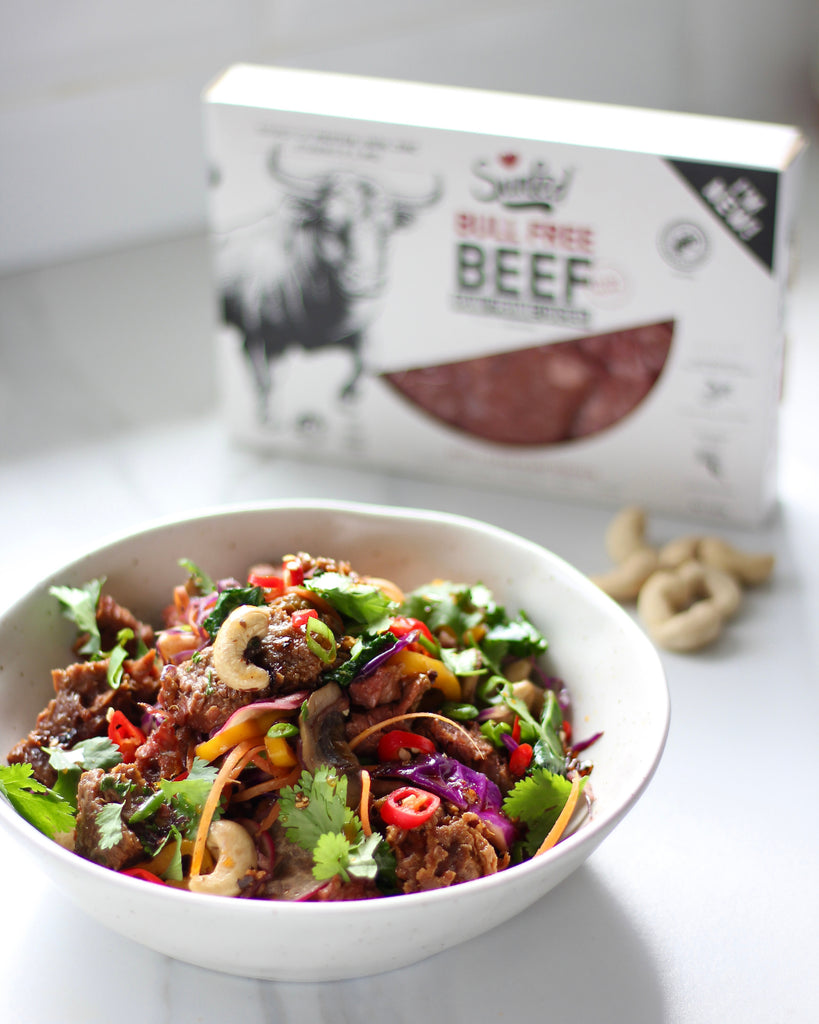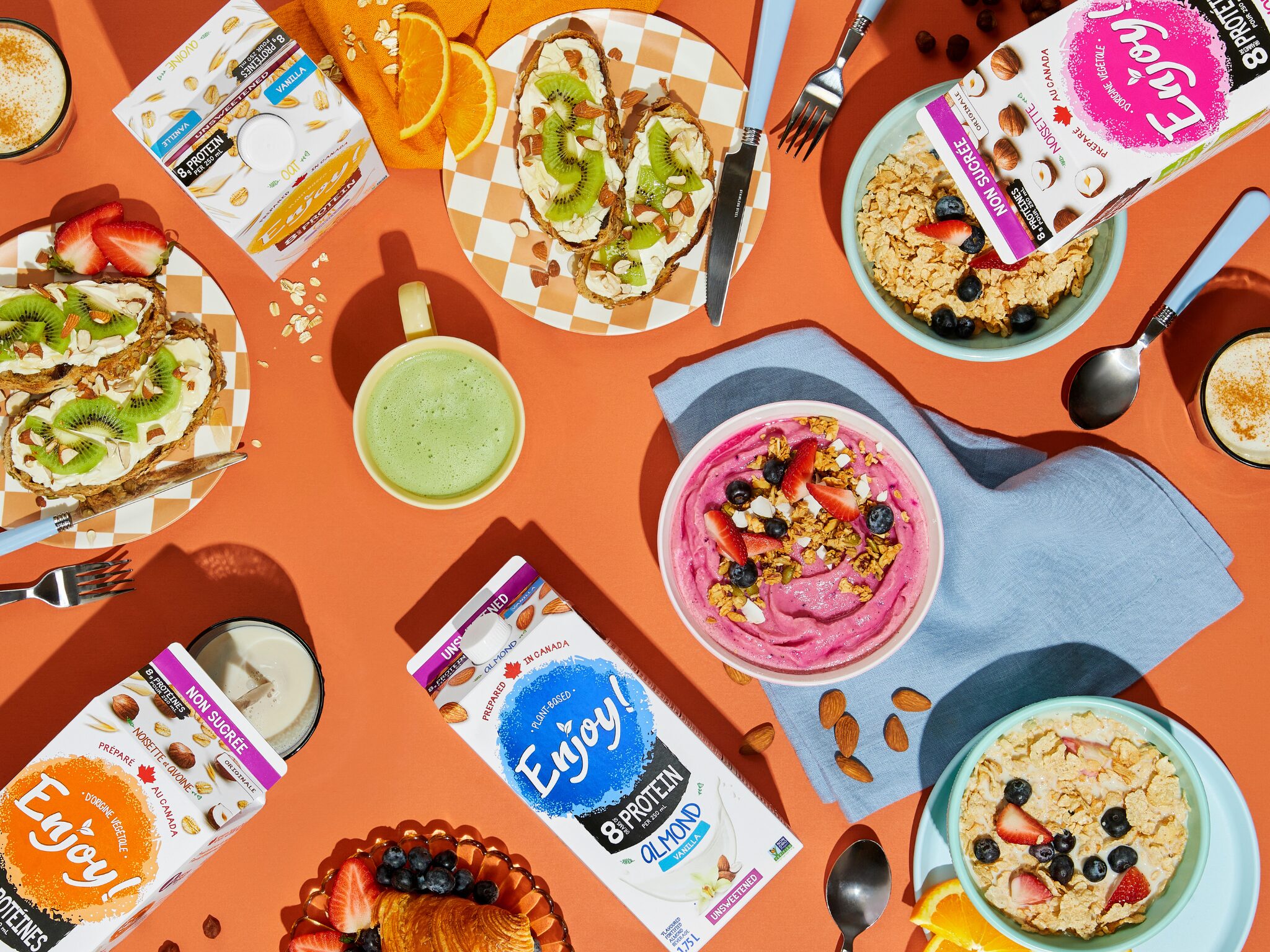
Lactalis Canada, a subsidiary of the French dairy giant, has introduced a new plant-based milk brand to the market, just after converting one of its facilities into a fully vegan hub.
In a huge sign of the plant-based industry’s potential amid middling returns, the world’s largest dairy company has made a move into the non-dairy space with a new brand.
The Canadian arm of French dairy giant Lactalis, which turned over $31.4B in 2023, has launched Enjoy, a plant-based milk brand skewed towards health-conscious individuals.
The six-strong lineup is unsweetened and high in protein, and comprises oat, almond and hazelnut milks. Each option has 8g of pea protein per 250ml serving, and while they’re not marketed as barista milks, the company suggests it has a “creamy texture that froths nicely”.
Enjoy joins Lactalis’s growing portfolio of dairy alternatives, which include Sensational Soy (which is why there’s no soy milk in Enjoy’s lineup), Lactantia margarine and yoghurt brand Siggi (which has a coconut-based range).
“We are delighted to make a splash with the launch of Enjoy, which only further complements Lactalis Canada’s wide-ranging portfolio of now 20 iconic consumer brands and expands our plant-based offering to Canadian consumers by leveraging our expertise in this dairy-free category,” said Lactis Canada president and CEO Mark Taylor.
A move towards Lactalis’s climate goals

The six SKUs comprise plain oat, almond and hazelnut milks, vanilla-flavoured oat and almond variants, and a hazelnut-oat blend.
“As nutritious, high protein, unsweetened beverages, Enjoy responds to a growing consumer demand for plant-based options that taste great and have positive health impacts including non-GMO and gluten-free certification with no artificial colours, preservatives or flavours,” said Nathalie Cusson, general manager of Lactalis Canada’s fluid division.
“What sets Enjoy apart is its uniquely high protein content which consumers are increasingly desiring in their daily diet.”
The plunge into non-dairy will aid Lactalis’s climate goals – as the world’s leading dairy company, its emissions footprint is large. In 2019, its scope 1 and scope 2 emissions alone reached 2.8 million tonnes, but these only make up a combined 5% of the business’s footprint – the remaining 95% comes from indirect scope 3 emissions.
Lactalis plans to halve scope 1 and scope 2 emissions by 2033, compared to that 2019 baseline. However, it hasn’t laid out a specific strategy for scope 3 emissions, instead committing to reaching net zero across its operations by 2050. Emmanuel Besnier, CEO of the Lactalis Group, said in its 2022 sustainability report that the company must “extend our work on our indirect emissions” to more suppliers, and “intensify our efforts to track the risks of deforestation throughout our supply chain”.
In its ESG report for 2023, which came days before the Enjoy launch, the company revealed that it has reduced scope 1 and 2 emissions intensity by 11.2%, and reduced 14,000 tonnes of absolute emissions by reducing its reliance on road transport. Meanwhile, 84% of its packaging was recyclable in 2023, and it aims to increase this share to 90% this year.
According to Enjoy’s website, its milk alternatives feature paper-based packaging certified by the Sustainable Forestry Initiative. Produced in Canada, it’s also part of the 1% For the Planet organisation, whose members devote at least 1% of annual revenues to environmental causes.
“Our ongoing commitment to raising quality and food safety standards includes a focus on validating suppliers and enhancing allergen management, particularly for the new plant-based Enjoy brand,” the company said in its ESG report.
Responding to market trends and consumer needs
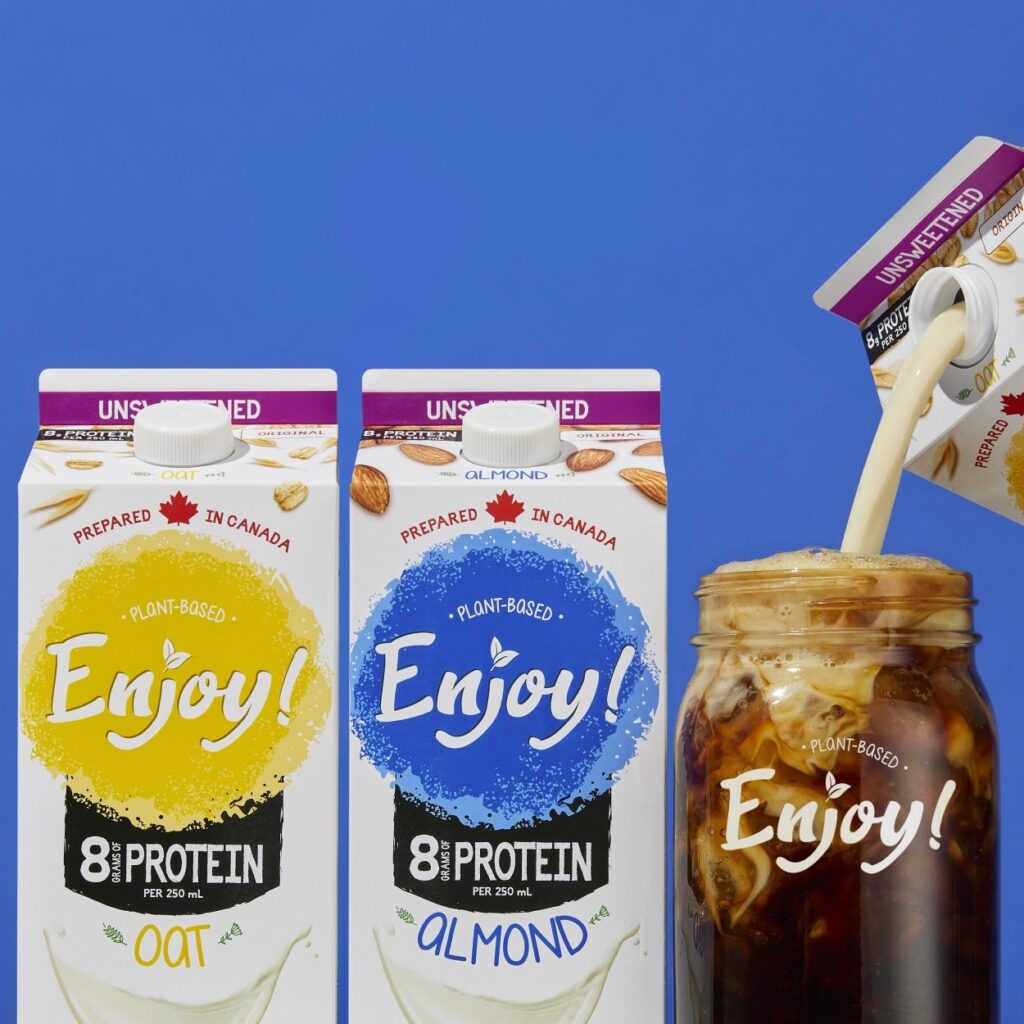
The introduction of Enjoy, whose products are available in most major retailers in Canada, comes two years after Lactalis Canada announced its decision to convert its 33,150 sq ft plant in Sudbury into a dedicated hub for vegan product manufacturing.
The facility fully ceased its fluid milk production and processing in September 2022, partly motivated by low demand in Ontario and the high prices in the market, which affected its profitability. It is now fully operational, and will form the bedrock of the company’s goals for the alt-dairy segment.
The transformation project was aided by a C$1.4M ($1.02M) grant by the Ontario government, as part of the provincial administration’s fund to boost local production, create jobs, and expand and diversify the region’s food sector.
Canada’s plant-based milk market nearly doubled in value from 2019 to 2023, reaching $346M last year. Over the next five years, it’s predicted to swell annually by 9%, with an expected value of $531.6M in 2028. And as of 2022, non-dairy milk accounted for 10% of sales for the overall milk market, with 42% of households purchasing these alternatives.
These figures are likely major motivations for Lactalis’s latest move into plant-based dairy. After a turbulent year for the overall vegan sector – when dollar sales for dairy alternatives in Canada were down by 7% year-on-year – it’s a sign of confidence from one of the world’s largest animal protein players, a nod to the industry’s potential.
“While our core business is dairy, as an innovation leader and as demonstrated by our forthcoming expansion into plant-based, we are constantly following the consumer and continually seeking opportunities to innovate and respond to the market,” said Taylor said after announcing the decision to convert operations at the Sudbury plant.
“Our purpose is to enrich and nurture the lives of Canadians and this holds the same for our new offering which will provide consumers with complementary high-quality plant-based products that will benefit from our current capacity and capabilities as well as our rich and long-standing dairy expertise.”
The post The World’s Largest Dairy Company Just Launched A Plant-Based Milk Brand appeared first on Green Queen.
This post was originally published on Green Queen.
